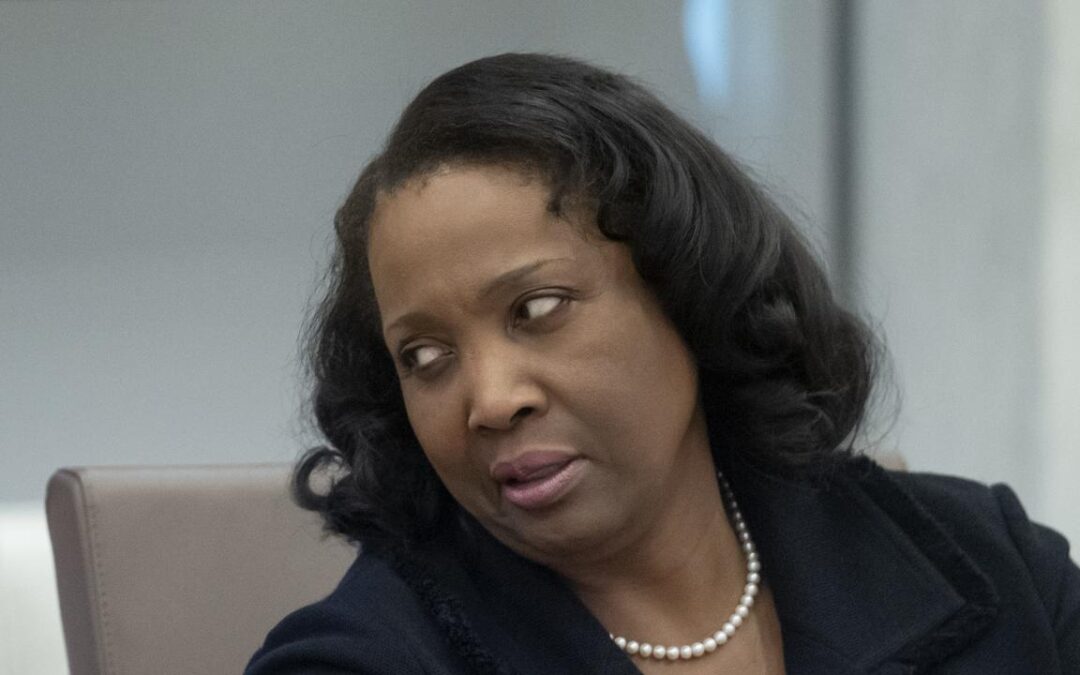
US Fed governor Cook to sue Trump to keep job: lawyer
Federal Reserve governor Lisa Cook will file a lawsuit to prevent US President Donald Trump from firing her, a lawyer for the embattled central bank official says, kicking off what could be a protracted legal fight over the White House’s effort to shape US monetary policy.
“His attempt to fire her, based solely on a referral letter, lacks any factual or legal basis. We will be filing a lawsuit challenging this illegal action,” prominent Washington DC lawyer Abbe Lowell said in a statement.
The statement was issued a day after Trump said he would fire Cook for alleged “deceitful and potential criminal conduct” related to mortgages she took out in 2021.
Cook has said Trump does not have the authority to fire her and has vowed to stay on the job.
Trump’s showdown with the nominally independent central bank follows other largely successful efforts to bring other elements of the US government under his direct control.
Since returning to office in January, the president has overseen the departure of hundreds of thousands of civil servants, dismantled several agencies and withheld billions of dollars of spending authorised by Congress.
Trump pressured the Fed to lower interest rates during his first term in the White House and he has escalated that campaign in recent months.
The president has demanded that rates be cut by several percentage points and threatened to fire Fed chair Jerome Powell, although he recently backed away from that sabre-rattling.
The attempt to influence the country’s central bank has knocked confidence in the US dollar and US sovereign debt and sparked fears of global financial turmoil.
But market reaction to Trump’s latest Fed gambit was tame on Tuesday.
Wall Street’s main equities indexes were largely flat on the day while the US dollar dropped.
Yields on 2-year, 5-year and 10-year Treasury notes fell, reflecting higher expectations of a near-term rate cut, and rose on longer-dated bonds, in a sign that the Fed’s inflation-fighting credentials might weaken.
Trump said in a letter to Cook on Monday that he had “sufficient cause” to fire her because she had described separate properties in Michigan and Georgia as primary residences on mortgage applications before she joined the Fed in 2022.
William Pulte, a Trump appointee who is director of the Federal Housing Finance Agency, first raised questions about Cook’s mortgages last week and referred the matter to US Attorney General Pamela Bondi for investigation.
Bondi has yet to say whether the Justice Department will take action.
Trump accused Cook on Monday of having “deceitful and criminal conduct in a financial matter” and said he did not have confidence in her “integrity”.
Cook took out the two mortgages in question when she was an academic.
Loans for primary residences can carry lower rates than mortgages on investment properties, which are considered riskier by banks.
Cook listed three mortgages, including two personal residences, on a 2024 financial disclosure form.
She is due to serve on the Fed board through 2038 but the Federal Reserve Act of 1913 allows removal of a sitting governor “for cause”.
Until now, that power has not been tested by US presidents, who largely have taken a hands-off approach to Fed matters as a way to ensure confidence in US monetary policy.
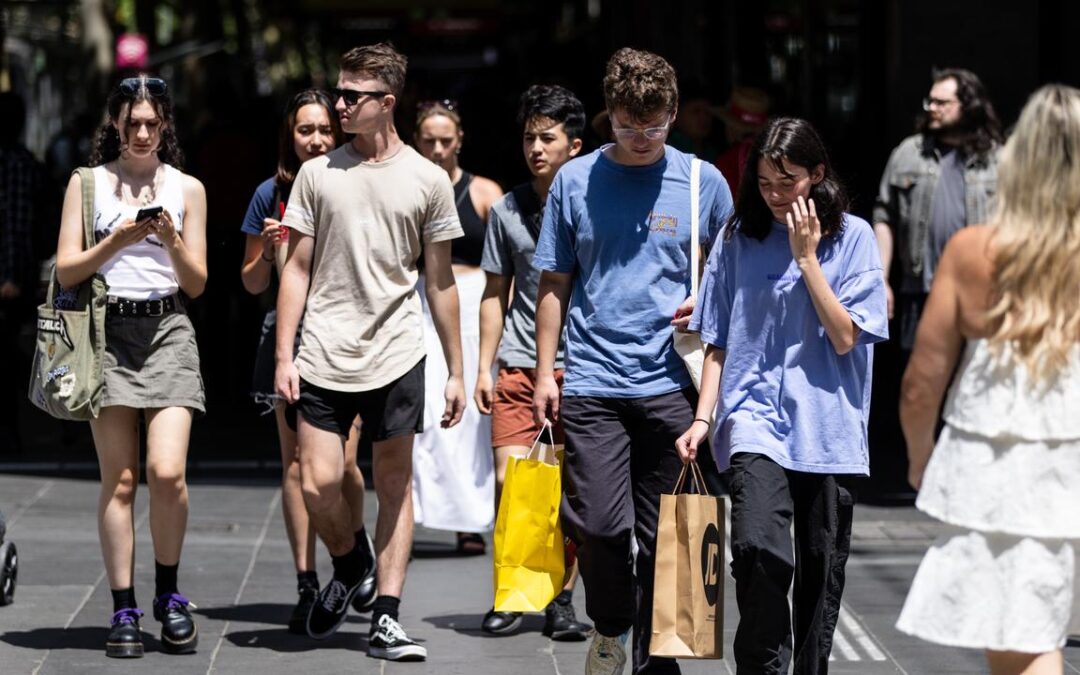
Expected inflation rise unlikely to faze Reserve Bank
Fresh figures are expected to show inflation remains encouragingly below the Reserve Bank of Australia’s target rate.
The consumer price index for July will be released by the Australian Bureau of Statistics on Wednesday.
The monthly indicator is expected to come in at 2.3 per cent, a significant increase from the 1.9 per cent growth recorded in June.
But it would still be lower than the midpoint of the RBA’s 2-3 per cent target band.
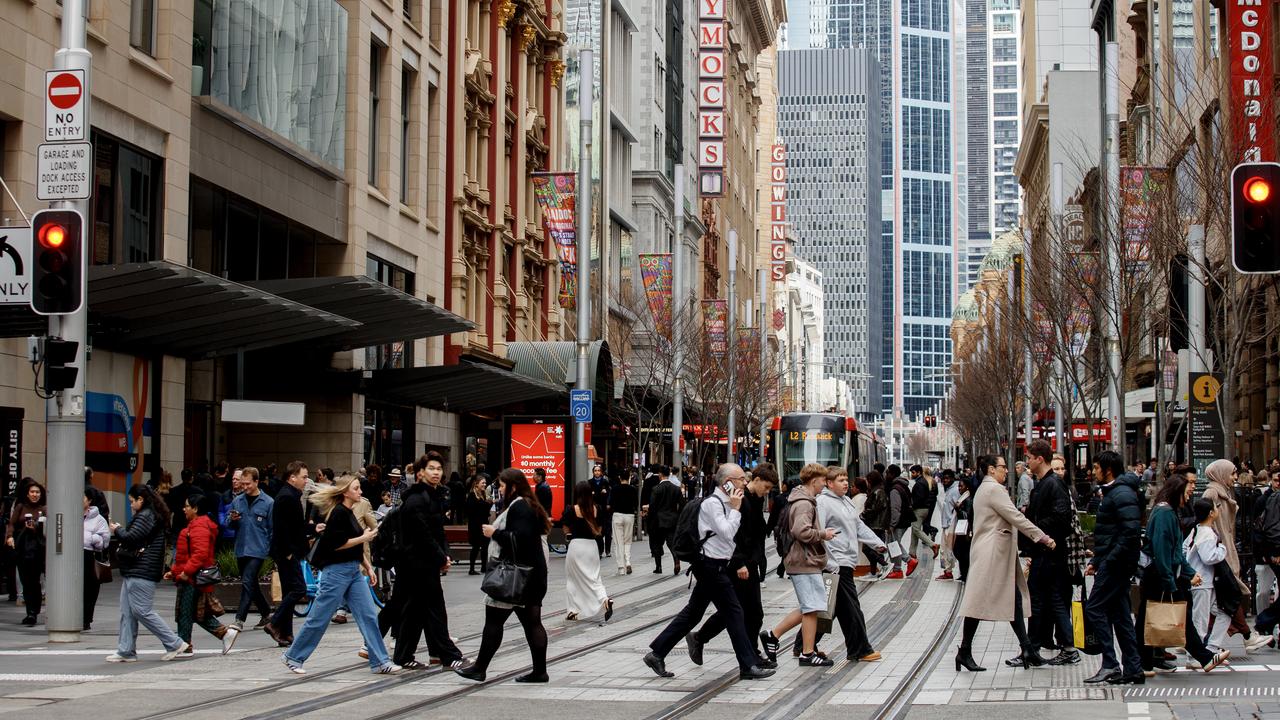
The ABS is working on upgrading the monthly indicator by November to cover a comprehensive range of prices in the economy, but for now it provides an incomplete snapshot.
That means the monthly figure is a less reliable gauge of inflation than the quarterly data series, which the RBA bases its interest rate decisions on.
But the bank will keep a close eye on it in case it provides any major surprises.
The goods-heavy July indicator is expected to be driven higher by strong growth in food prices, which are impacted by seasonal factors, said analysts at JP Morgan.
“In terms of drags, July has been a soft month for holiday travel and accommodation prices in the post-COVID lockdown era, and we look for another outright decline in the upcoming data,” said JP Morgan’s Ben Jarman, Tom Kennedy and Tom Ryan.
Minutes from the RBA’s August 11-12 meeting released on Tuesday showed the bank’s board was set on cutting rates further, but was uncertain about how quickly it should move.
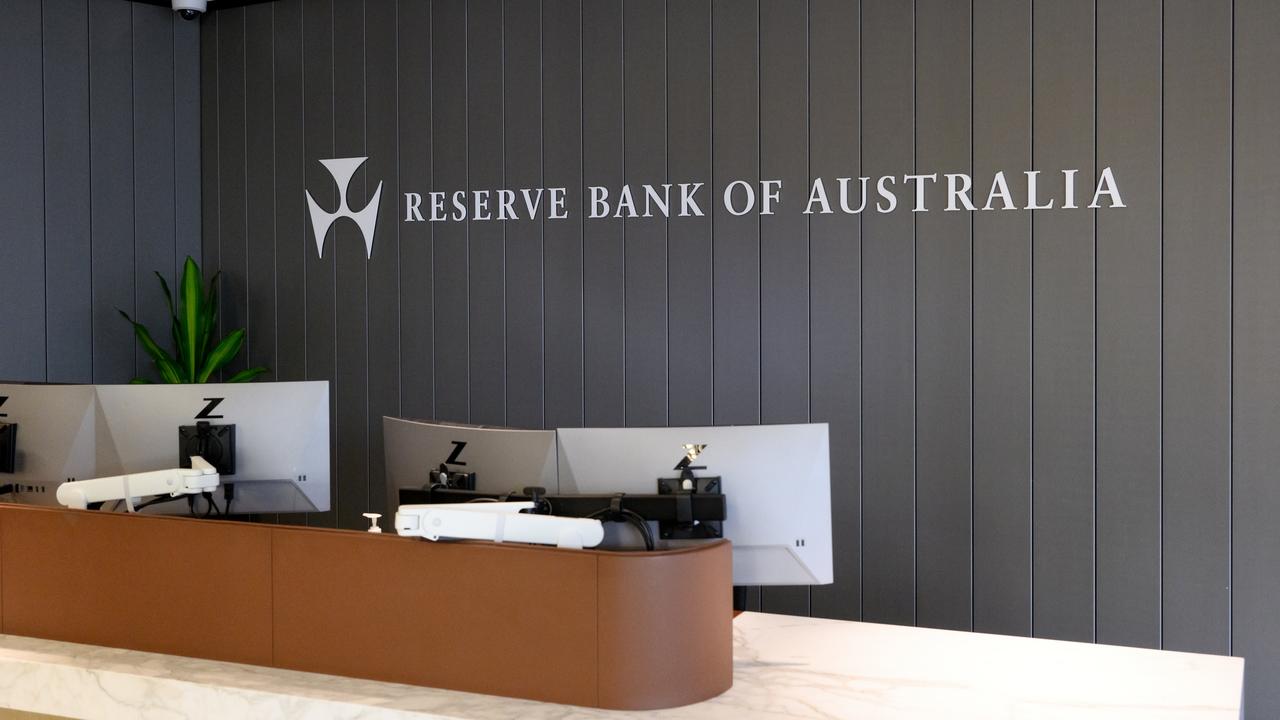
Traders are pessimistic about the chances of another cut at the next meeting in September, but the board said its decisions would be determined “by the incoming data on a meeting-by-meeting basis”.
Should upcoming data indicate inflation and the jobs market are weaker than expected, the odds of a second straight rate cut would receive a boost.
Data released by online jobs marketplace Seek on Wednesday showed annual growth in advertised salaries slowed to the lowest level in four years in July.
“This likely reflects the ongoing easing in labour market tightness, with employment growth 0.5 percentage points slower over the 12 months to June 2025 than it was to June 2024 and fewer people switching jobs,” said Seek senior economist Blair Chapman.
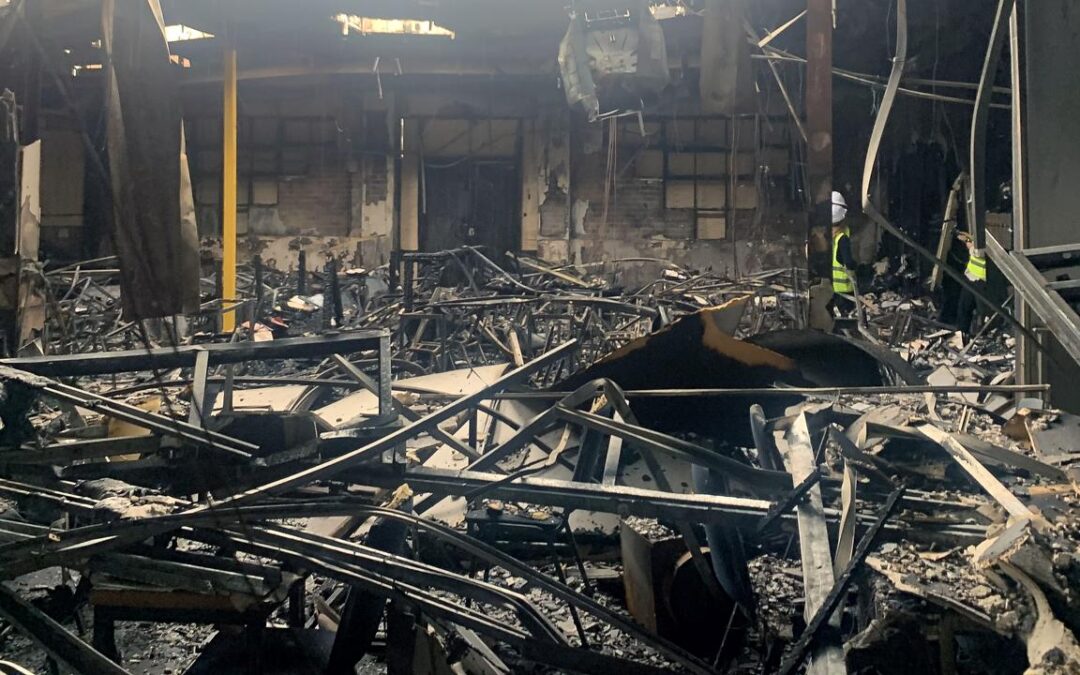
Iran-linked attacks terrify Jewish Australian community
Fear and terror are gripping the Jewish Australian community over intelligence showing the Iranian government directed two anti-Semitic attacks in Melbourne and Sydney.
The Adass Israel Synagogue was one of the sites firebombed by criminal proxies in December 2024, badly damaging the building and injuring a worshipper.
Synagogue board member Benjamin Klein said he received a call from a senior official in Prime Minister Anthony Albanese’s office telling him the government was announcing the “dangerous acts of aggression” were directed by Iran – allegations denied by Tehran on Tuesday night.
“It is quite shocking and traumatic to think that a peaceful, loving shule (synagogue) in Melbourne is targeted and attacked by terrorists from overseas,” Mr Klein told AAP.
He said Victorian and federal authorities had been supportive with increased security arrangements at a temporary location where the congregation now gathered.
“We’re a bit more anxious, a bit more stressed and scared, but we don’t change our way.”
Police arrested a second man over the firebombing earlier in August.
The other site targeted was the Lewis’ Continental Kitchen in Sydney, a kosher deli and a mainstay of Bondi in the city’s eastern suburbs, which was firebombed in the early hours of October 20, 2024.
Executive Council of Australian Jewry Alex Ryvchin said the owner of the popular shop, Judith Lewis, was still processing revelations the Iranian Revolutionary Guard Corps was linked to the attack by recruiting local crime elements.
“The fact that a business is targeted, makes every Jewish Australian fearful that they could be next and that’s what terrorism really does to us,” he said.
“The acts themselves were horrific but now to have confirmation of something that many of us suspected there was a foreign interference involvement in this – it’s terrifying,” he said.
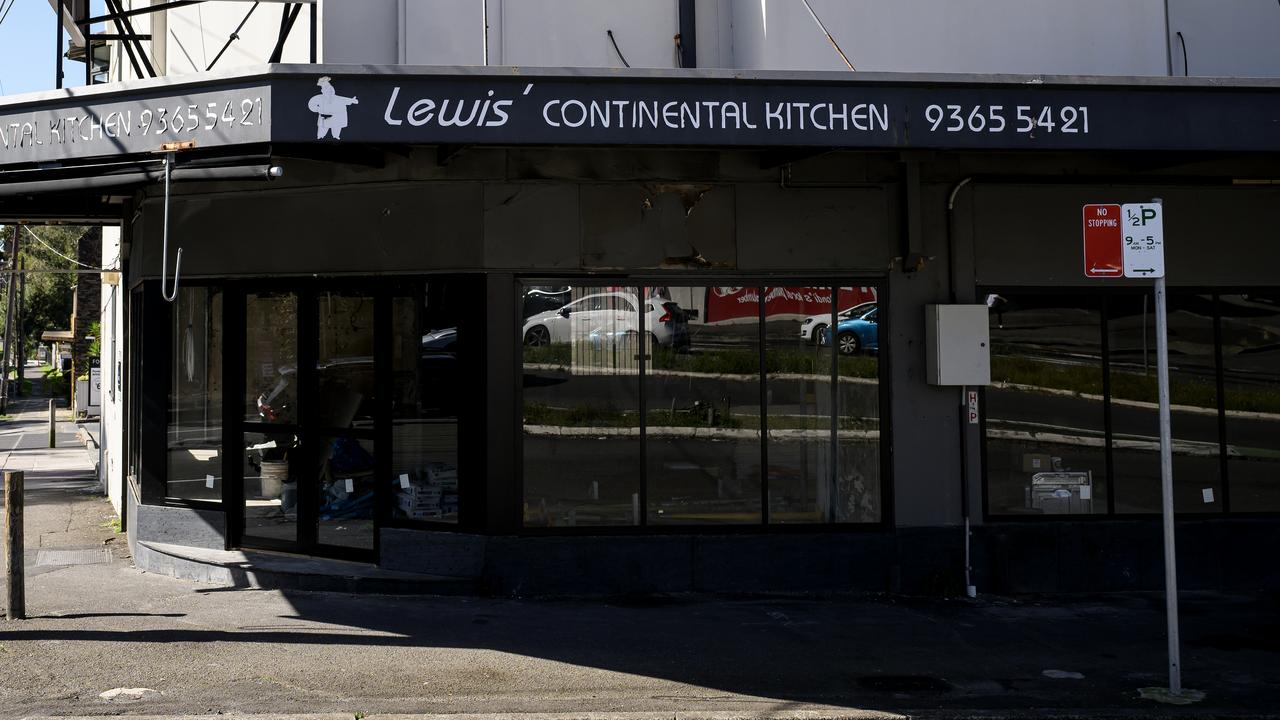
Mr Albanese’s response has been swift, with Canberra expelling the Iranian ambassador.
It is the first time Australia has expelled an ambassador since World War II.
Iran has denied Australia’s allegations through its Foreign Ministry spokesman Esmail Baghaei, who tried to link it to the challenges Australia faced with Israel after announcing it would recognize a Palestinian state.
“It looks like that the action, which is against Iran, diplomacy and the relations between the two nations, is a compensation for the criticism that the Australians had against the Zionist regime,” Mr Baghaei said.
Iranian Foreign Minister Abbas Araqchi said in a post on X overnight that “Iran is paying the price for the Australian people’s support for Palestine”.
He added that he agreed with Israeli Prime Minister Benjamin Netanyahu’s description last week of Mr Albanese as a “weak politician”.
Australia will list the Revolutionary Guard as a terrorist organisation once urgent legislation passes parliament.
The government hadn’t previously listed it under existing terrorism laws because it was a government entity.
“These were extraordinary and dangerous acts of aggression orchestrated by a foreign nation on Australian soil,” Mr Albanese said alongside the federal police commissioner, AISO director-general and senior ministers in Canberra on Tuesday.
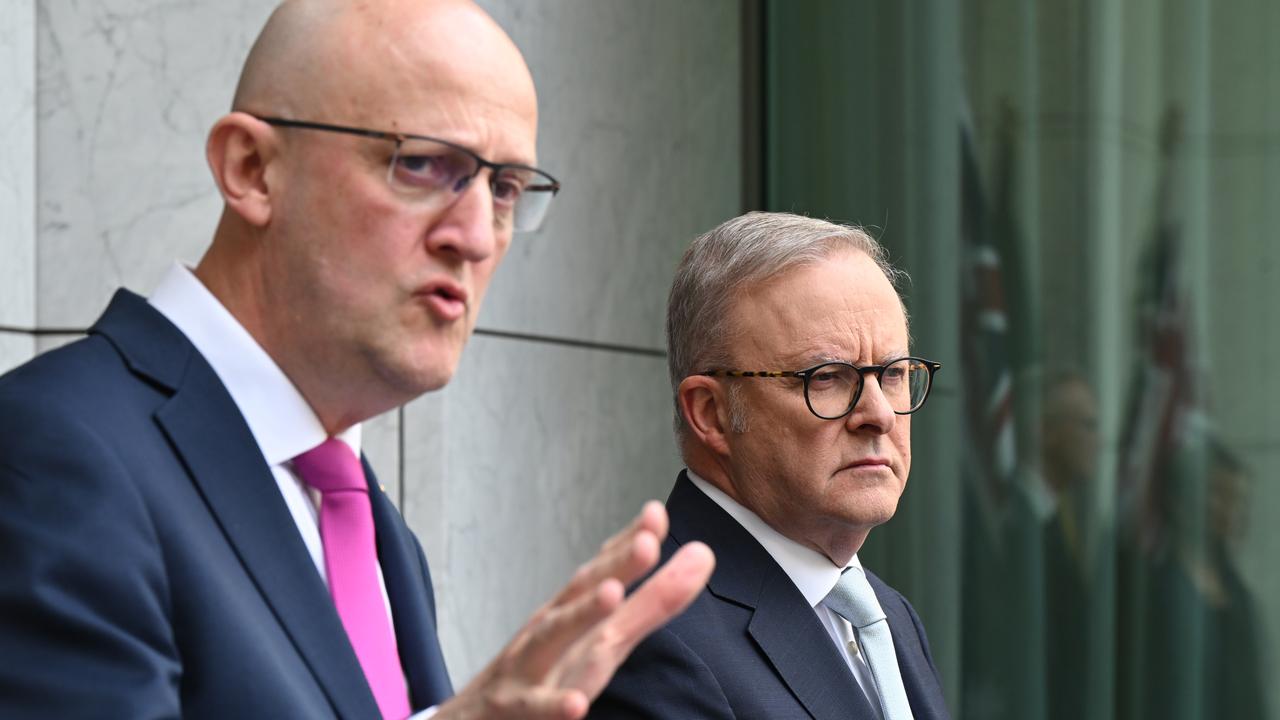
Jewish community leaders welcomed the federal government’s actions, saying it was important to take strong action against the Iranian regime.
“Israel’s enemies are Australia’s enemies. That much is clear,” Mr Ryvchin said.
“What we learnt from all of this is how sophisticated, how determined the enemies of the Jewish people are, whether it is career criminals or foreign regimes or other operatives.”
The deli arson attack was allegedly committed by Wayne Dean Ogden, 41, who remains behind bars ahead of an October 21 court appearance.
Sayed Mohammed Moosawi, 32, was released on bail three weeks ago after pleading not guilty to commissioning the deli arson attack and directing a criminal group. His case is also back in court on the same day.
ASIO director-general Mike Burgess said more anti-Semitic attacks could be linked.
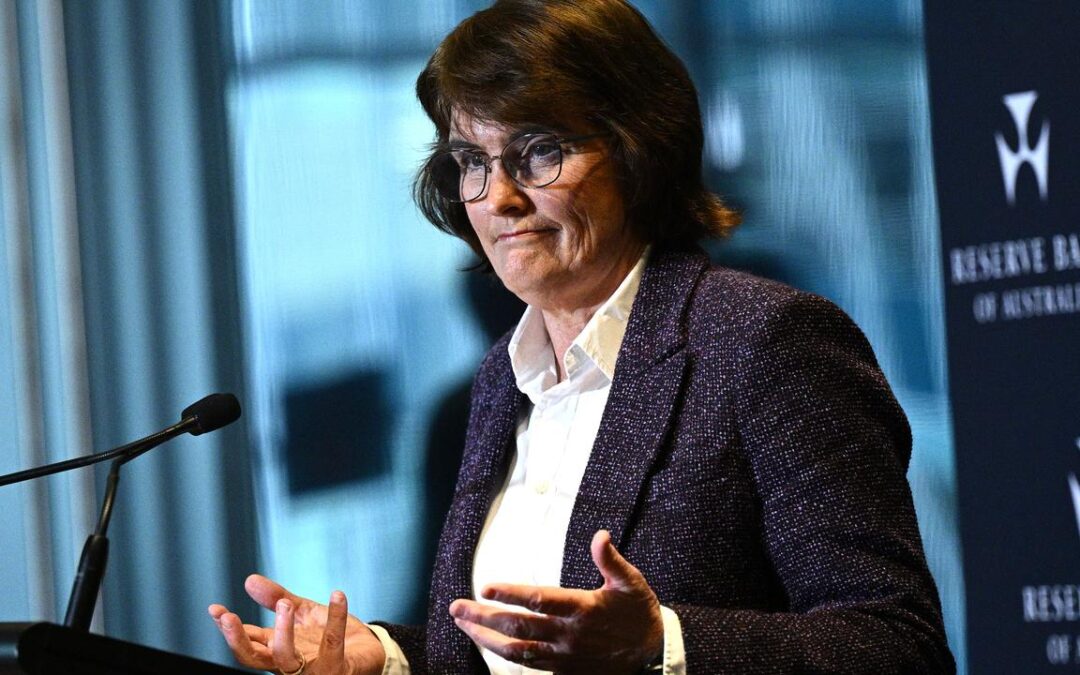
Fast or gradual: RBA debate shapes rates outlook
Jobs data, not inflation, will determine how fast and how far the Reserve Bank will cut interest rates, a snapshot into its latest board meeting has revealed.
Minutes from the central bank’s August meeting, released on Tuesday, confirmed more mortgage relief is on the way, but there’s disagreement over how quickly it should happen.
The RBA board cut the cash rate to 3.6 per cent at that meeting and agreed that more cuts would be needed to meet inflation and unemployment targets.
“Preserving full employment while bringing inflation sustainably back to the midpoint of the target range appeared likely to require some further reduction in the cash rate over the coming year,” the minutes said.
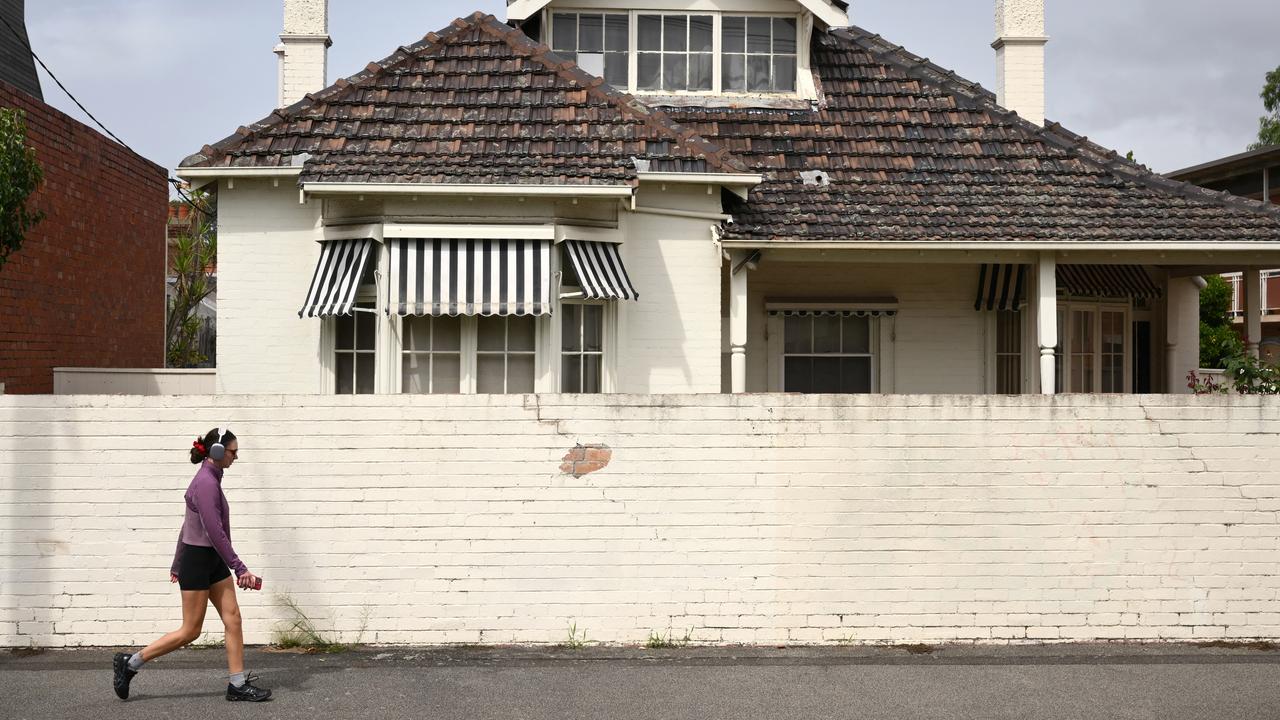
But how quickly they would come depended on upcoming inflation and unemployment data.
With the board acknowledging that inflation was basically under control, its focus was clearly shifting to the jobs market, said CBA head of Australian economics Belinda Allen.
“A deterioration in the labour market would see a faster pace of easing by the RBA,” she said.
Unemployment has climbed in recent months but remains relatively low at 4.2 per cent.
RBA board members noted some indicators, like the subdued rate of job-switching, suggested the labour market has become more balanced.
But others, like the high rate of job vacancies to unemployed workers, suggested some tightness remained.
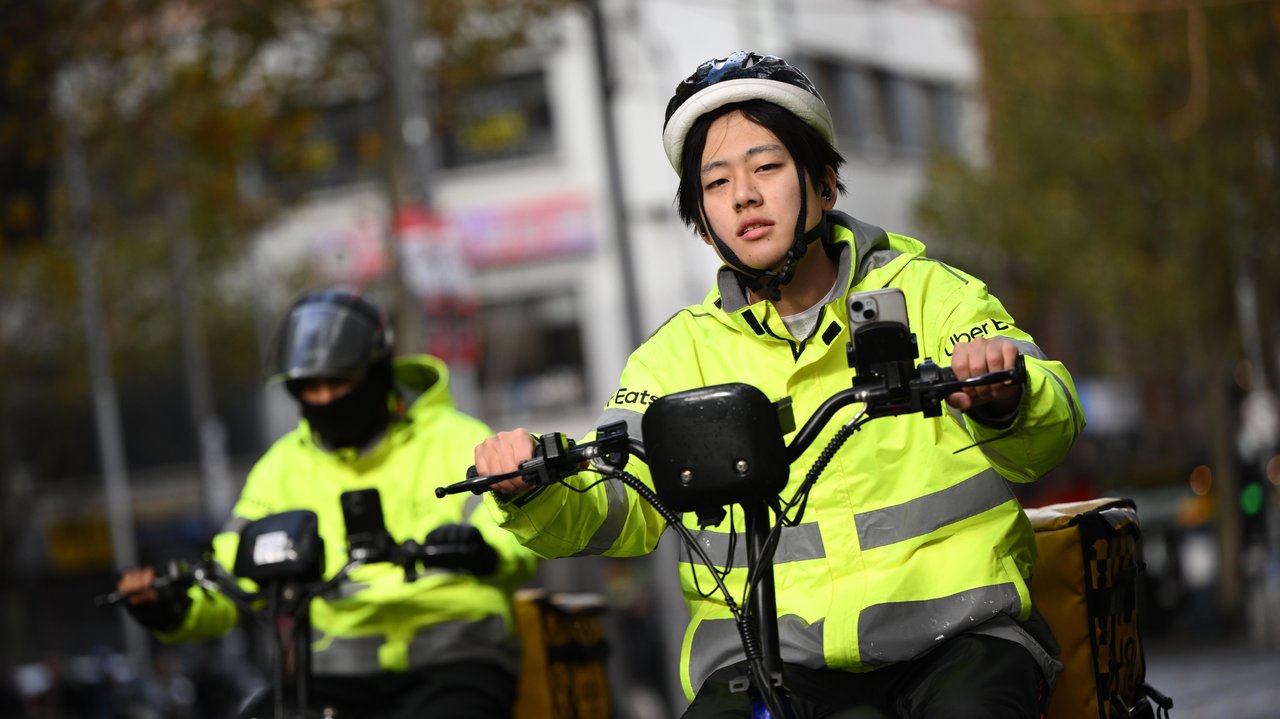
JP Morgan economist Tom Kennedy said the minutes showed the RBA retained a dovish bias, while reiterating policy will remain dependent on data going forward.
He expects the bank to hold off cutting in September after the unemployment rate fall from 4.3 to 4.2 per cent following the August meeting.
“Importantly, the August policy decision was held prior to the release of the July labour data, which saw the jobless rate partially reverse the previous month’s unexpected turn higher,” Mr Kennedy said.
“We think the highly data-dependent nature of August’s discussion reflects this uncertainty, with the tick lower in the jobless rate broadly aligned with our view for a gradual and modest pace of easing.”
The bank has so far been happy to lower interest rates gradually as inflation has eased over recent years.
It has cut interest rates at its first meeting following each of the Australian Bureau of Statistics’ last three quarterly inflation read-outs, while pausing at intervening meetings.
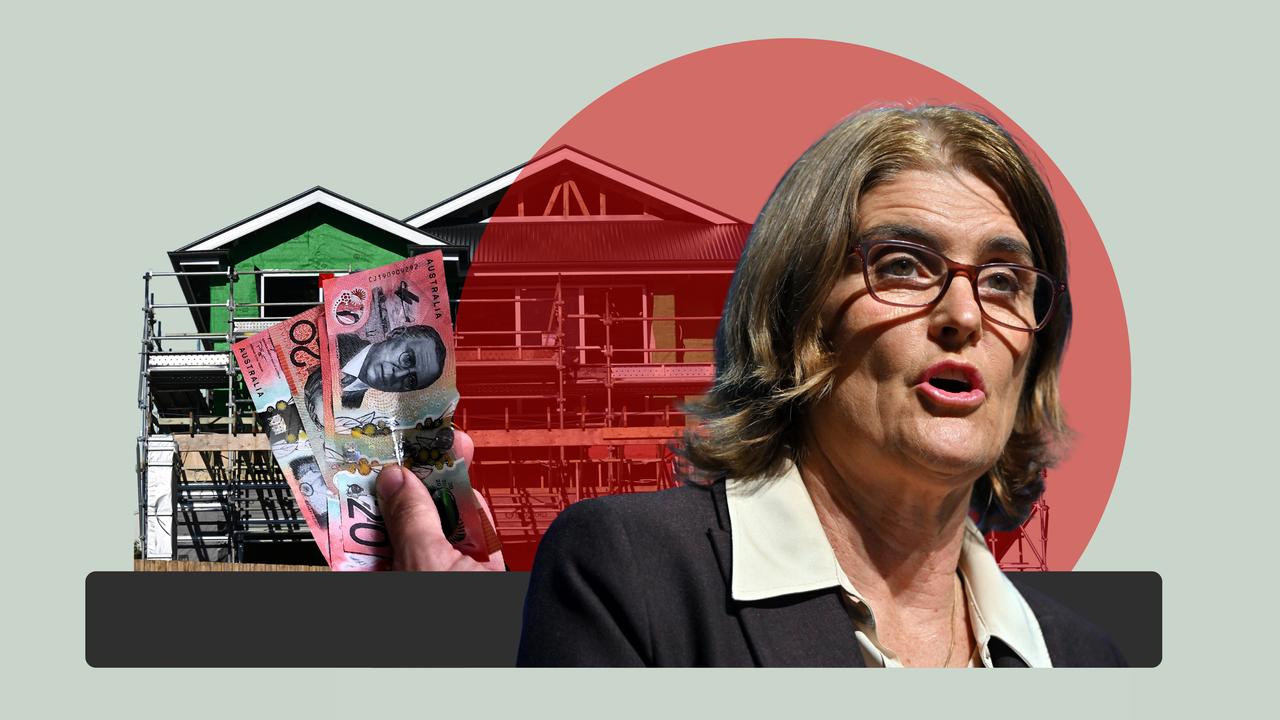
Money markets have picked up on the pattern, assigning less than a one-third chance for a cut on September 30, while a cut at the following meeting in November was almost fully priced in.
Labour force figures, GDP data and two monthly inflation prints – including one on Wednesday – were due out ahead of the September meeting and would be crucial to the RBA’s decision, Ms Allen noted.
The RBA was also keeping a close eye on developments abroad.
If the global economy deteriorated more than expected or the private sector failed to pick up the slack from lower government spending, it would also raise the urgency for more rate relief.
While interest rate cuts have buoyed households and businesses, insolvency data suggest the economy is still not out of the woods.
Insolvencies remained at near-record levels in July, credit reporting agency CreditorWatch said on Tuesday.
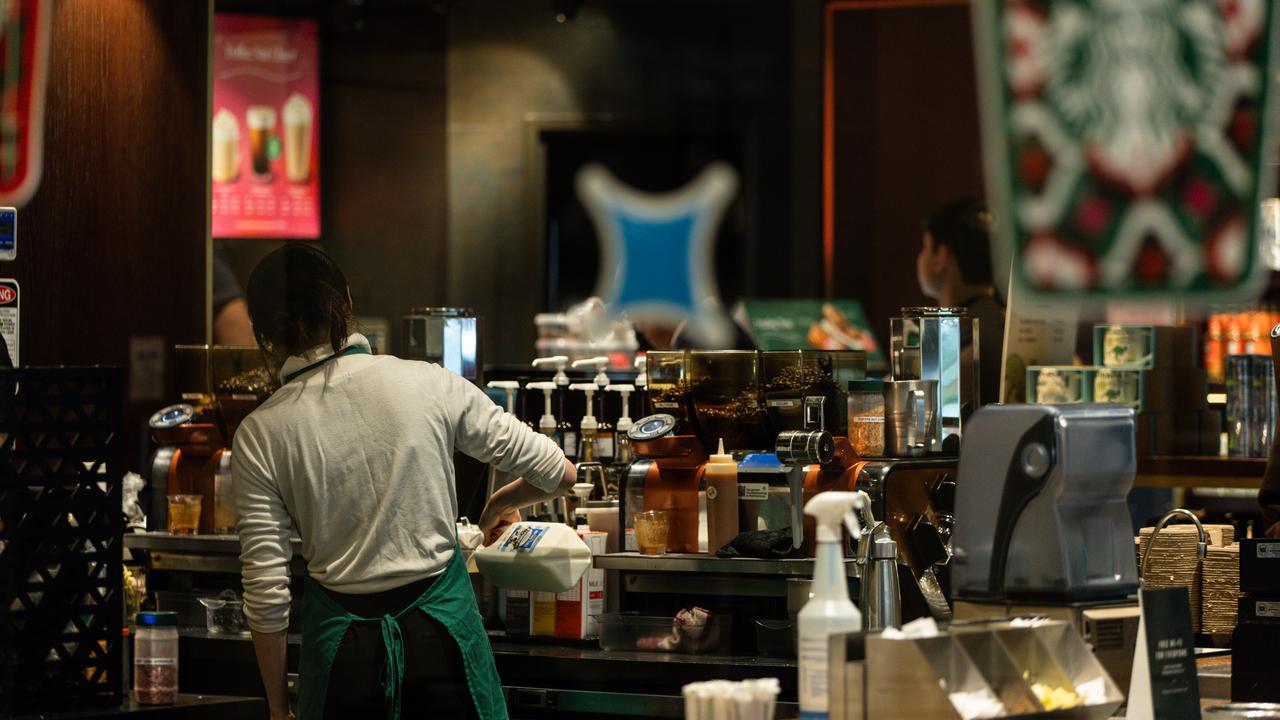
The hardest-hit industries of construction and hospitality have stabilised, but weakness is emerging in traditionally low-risk sectors like healthcare and financial and insurance services.
“The latest reduction in interest rates by the RBA will, in time, be beneficial to both consumers and businesses, however, domestic energy prices and wages continue to rise, while US trade policy is expected to slow global growth,” said CreditorWatch chief economist Ivan Colhoun.
“This is expected to keep the level of insolvencies relatively elevated in the foreseeable future.”
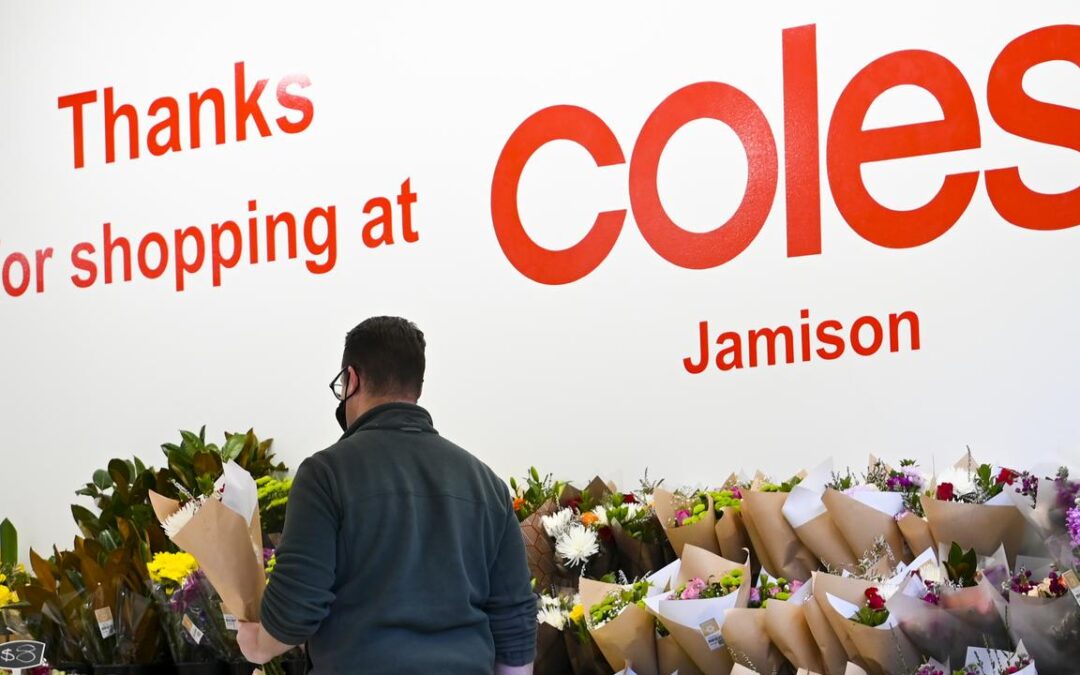
Buying frenzy for Coles shares after bumper sales year
Coles Group has begun the new financial year strongly after posting stellar earning results for the previous 12 months that sent its stock flying.
The grocery and liquor company’s shares on Tuesday soared 8.5 per cent to an all-time high of $22.50, in its best single-day performance since the extreme volatility at the start of the COVID-19 pandemic.
The gains came after the supermarket giant reported sales of $44.3 billion for the 52 weeks to June 29, up 3.6 per cent from Coles’ prior financial year after adjusting for the fact it was a week longer.
Supermarket sales grew 4.3 per cent to $40 billion – a 5.7 per cent increase when excluding tobacco products – while sales from its Liquorland stores were up 1.1 per cent to $3.7 billion.
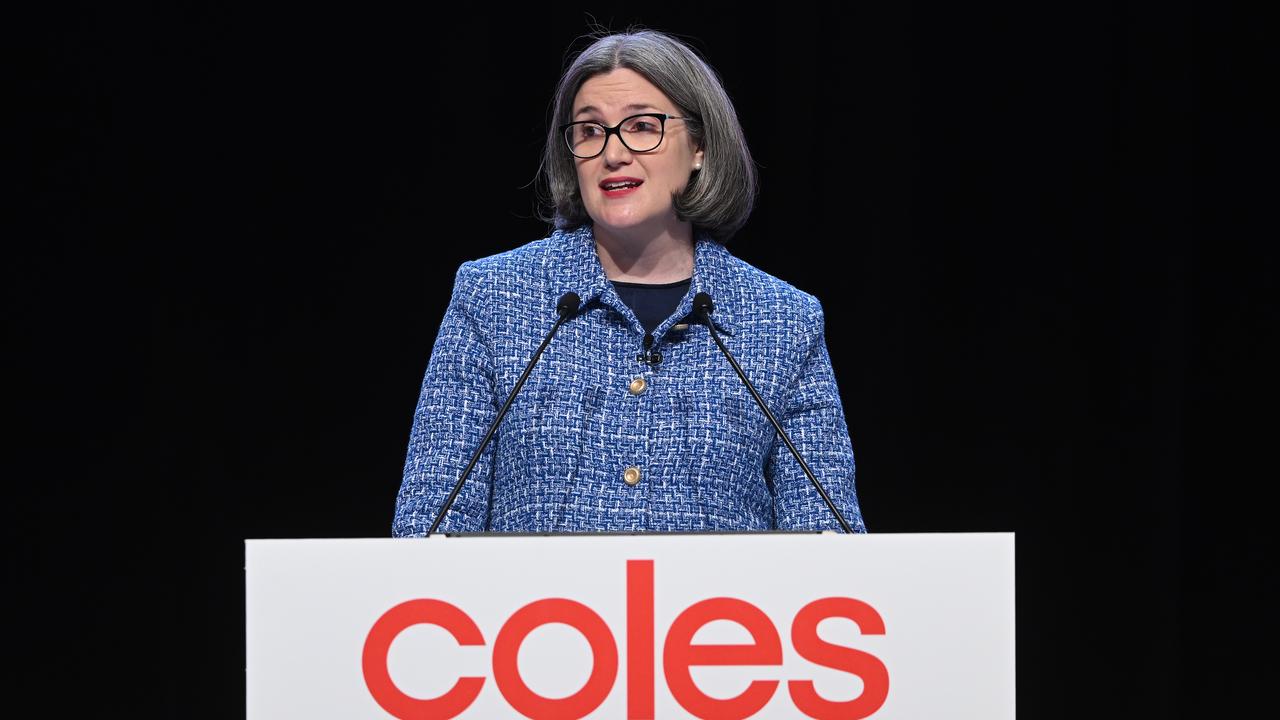
Coles turned a $1.1 billion profit, up 2.4 per cent from 2024/25.
The company had maintained a consistent focus on its strategic priorities during the financial year, chief executive Leah Weckert said.
“There is no doubt that value has remained front of mind for our customers, and we have continued to work hard on providing a compelling offer with quality products across all price points,” she told analysts.
The “Great Value, Hands Down” seasonal value campaigns focused on fewer, deeper promotions with an expanded range of products, Coles said.
Customers had also responded favourably to its Curtis Stone Glassware and Harry Potter Magical Discs campaign.
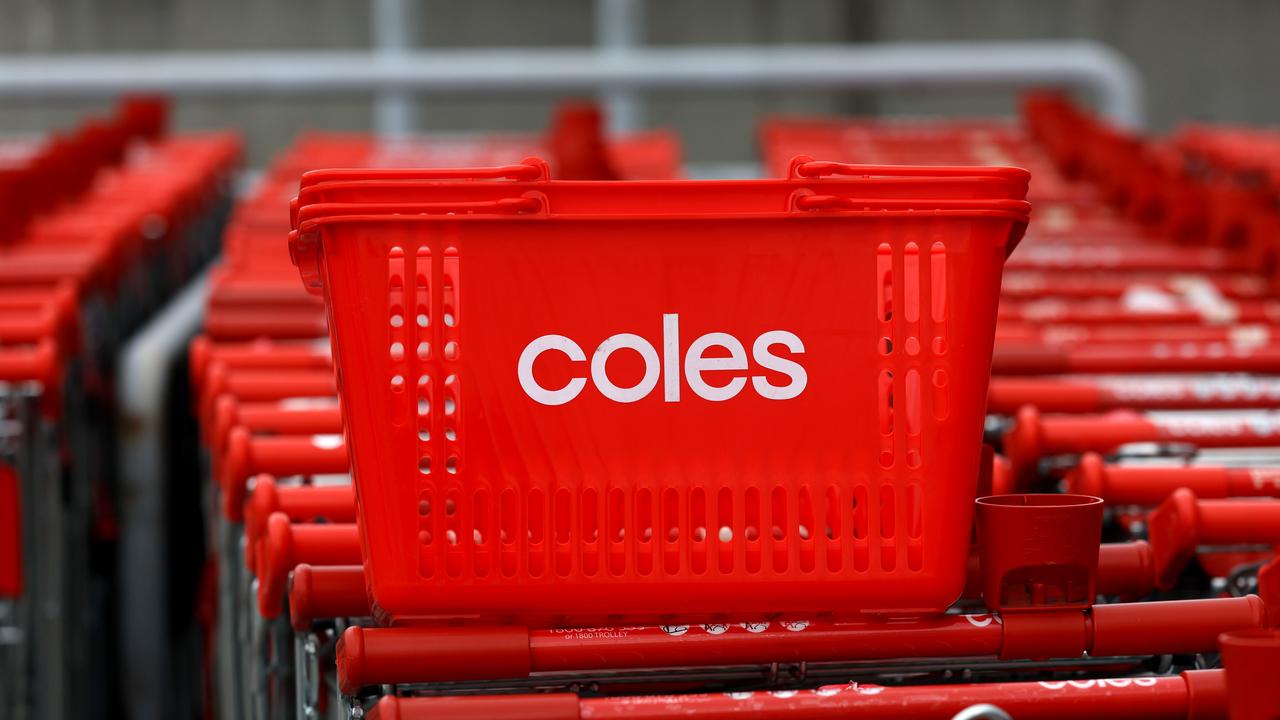
Coles’ investment in its new state-of-the-art customer fulfilment centres in Sydney and Melbourne and an automated distribution centre in western Sydney were paying dividends, although Coles incurred $103 million in dual-running costs in 2024/25 as those warehouses got up and running.
Coles isn’t burdened with those costs this year and says its investment in the $400 million customer fulfilment centres are already paying off.
The high-tech warehouses allow it to offer next-day delivery to all customers in Sydney and Melbourne, while offering a third more products than the average Coles store stocks.
Coles said its e-commerce supermarket sales rose 24.4 per cent to make up 11.2 per cent of all grocery sales, with customer satisfaction surveys indicating shoppers love the freshness of products like berries delivered by refrigerated trucks, Ms Weckert said.
Coles’ momentum has continued in the new financial year, with supermarket sales excluding tobacco products rising 7.0 per cent in the first eight weeks of 2025/26.
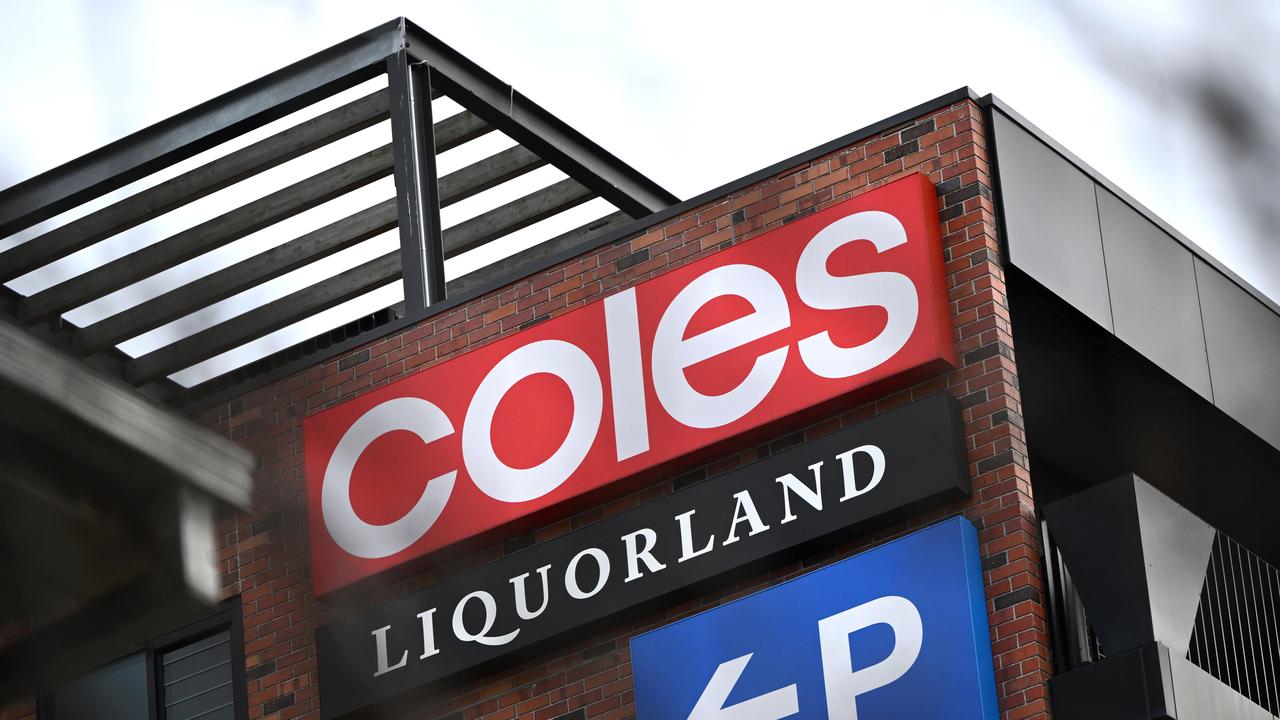
Ms Weckert described Coles’ sales growth as “green shoots”, prompting one analyst to scoff and say it was more than that.
“Look, it’s been a pleasing start for the year,” she replied.
“It’s our job to be cautious about that and be thinking ahead of what the customer is going to want, particularly as we head into the really important trading period for Christmas.”
Coles posted a final dividend of 32 cents, taking the total for the year to 69 cents, up from 68 cents last year.
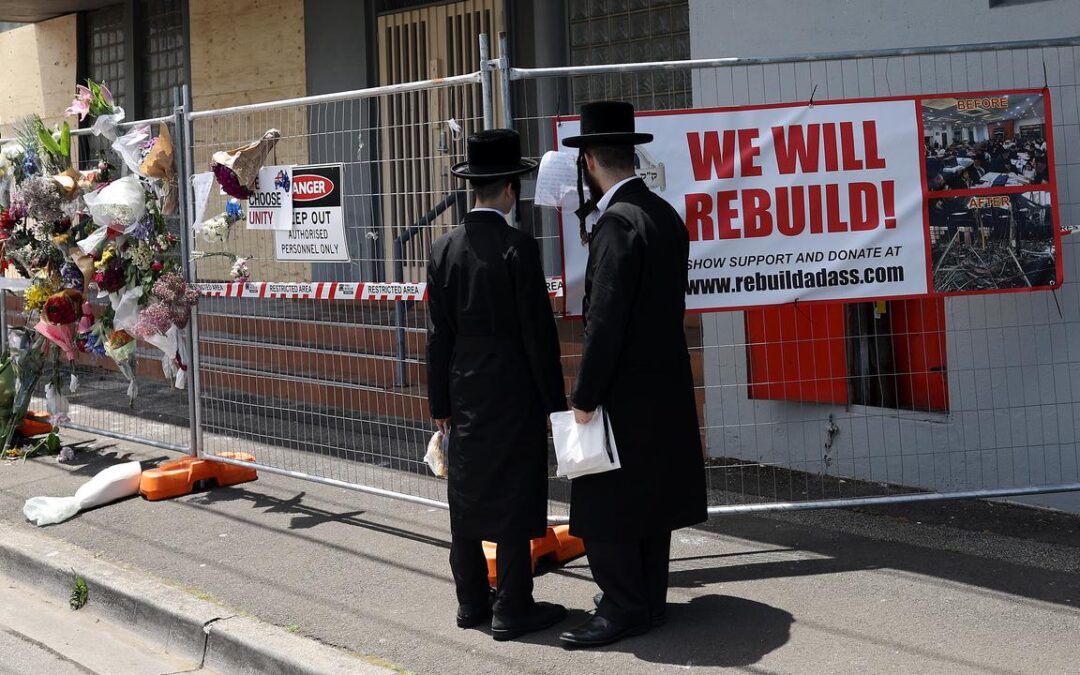
‘Acts of aggression’: Australia expels Iran ambassador
Banishment of the Iranian ambassador from Australia over the country’s links to anti-Semitic firebombings in Melbourne and Sydney has been hailed for sending a “powerful message”.
Iranian Australians, Jewish groups and politicians across the political aisle welcomed the government’s tough diplomatic action.
The nation’s premier intelligence organisation had “credible intelligence” the Iranian government directed at least two attacks and likely further ones, Prime Minister Anthony Albanese said.
ASIO director-general Mike Burgess linked Iran’s Islamic Revolutionary Guard Corps to the firebombing attacks against Melbourne’s Addas Synagogue and Sydney’s Lewis Continental Kitchen through criminal proxies in 2024.
“These were extraordinary and dangerous acts of aggression orchestrated by a foreign nation on Australian soil,” Mr Albanese said alongside the federal police commissioner, director-general and senior ministers in Canberra on Tuesday.
“They were attempts to undermine social cohesion and sow discord in our community.”
The Iranian ambassador to Australia Ahmad Sadeghi and three diplomats have been expelled and Australia’s mission in Tehran closed, with diplomats moved to a third country and operations suspended in response to the attacks.
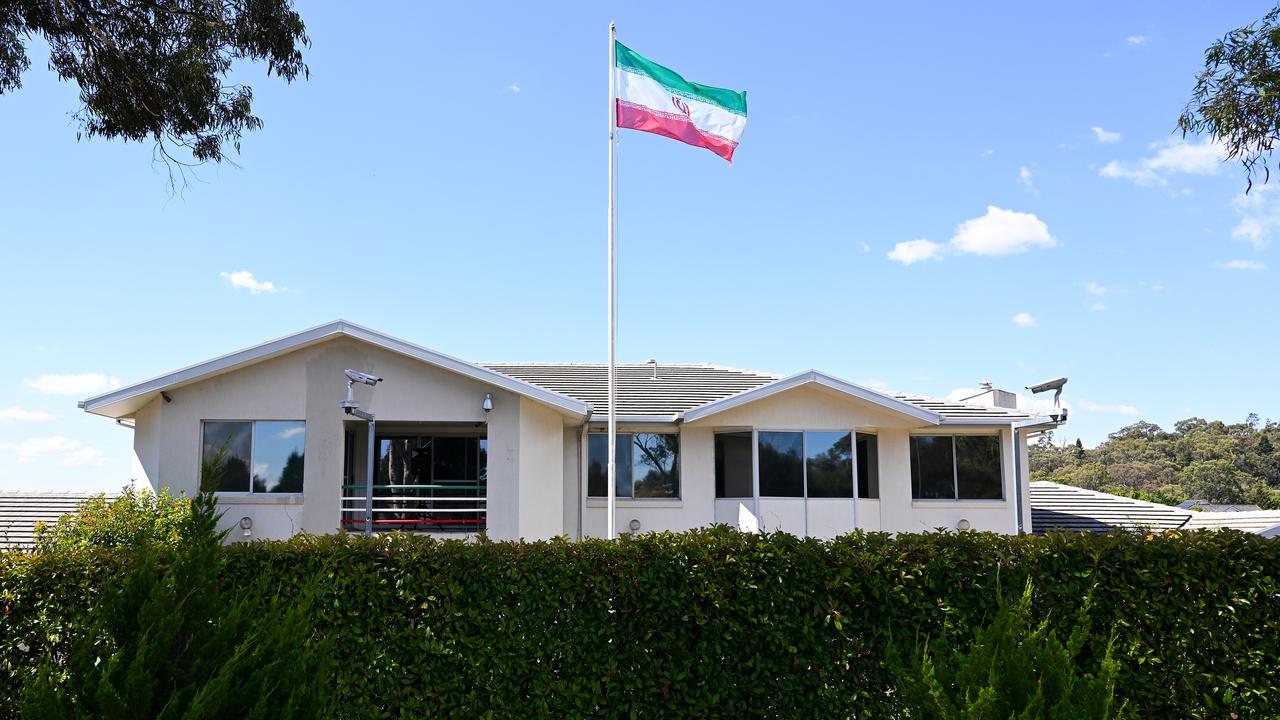
It’s the first time Australia has expelled an ambassador since World War II.
Australian Jewish groups welcomed the federal government’s response, saying it was important to take strong action against the Iranian regime for the anti-Semitic attacks.
Executive Council of Australian Jewry president Daniel Aghion said Israel’s enemies were Australia’s enemies as Iran deliberately targeted Jewish Australians.
“We are outraged that a foreign actor perpetrated acts of terror on our soil,” he said.
The community may find solace in the revelation but “there will be great anxiety that we have been targeted in such a callous and calculated way, by a ruthless and violent foreign force, because of who we are”, Mr Aghion said.
Zionist Federation of Australia president Jeremy Leibler said the government’s actions sent “a powerful and principled message that terrorism, foreign interference and hate have no place in Australia”.
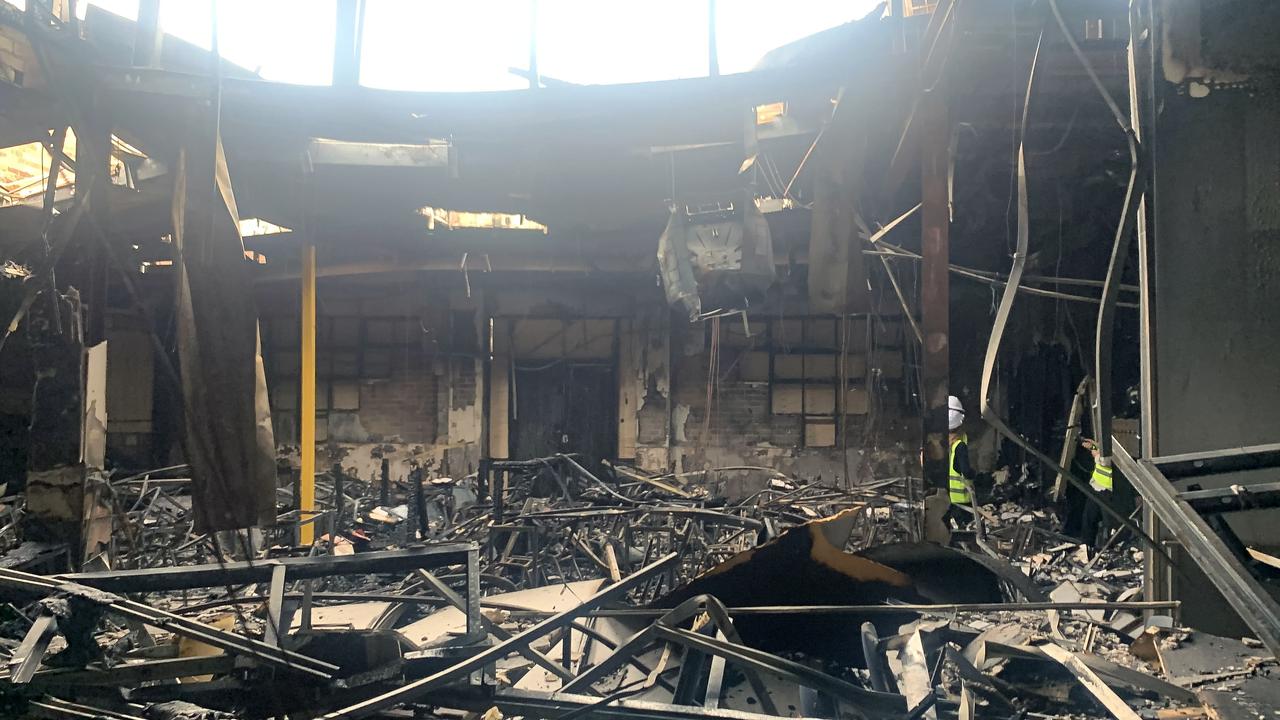
The attacks weren’t directed through the Iranian embassy in Australia but by the Revolutionary Guard through “a complex web of proxies” overseas, including organised crime groups, Mr Burgess said.
“ASIO is still investigating possible Iranian involvement in a number of other attacks but I want to stress we do not believe the regime is responsible for every act of anti-Semitism in Australia,” he said.
The Revolutionary Guard will be listed as a terrorist organisation once urgent legislation passes parliament.
Australia’s criminal code makes it an offence to provide support to a listed terrorist organisation.
The government hadn’t previously listed the Revolutionary Guard under existing terrorism laws because it was a government entity.
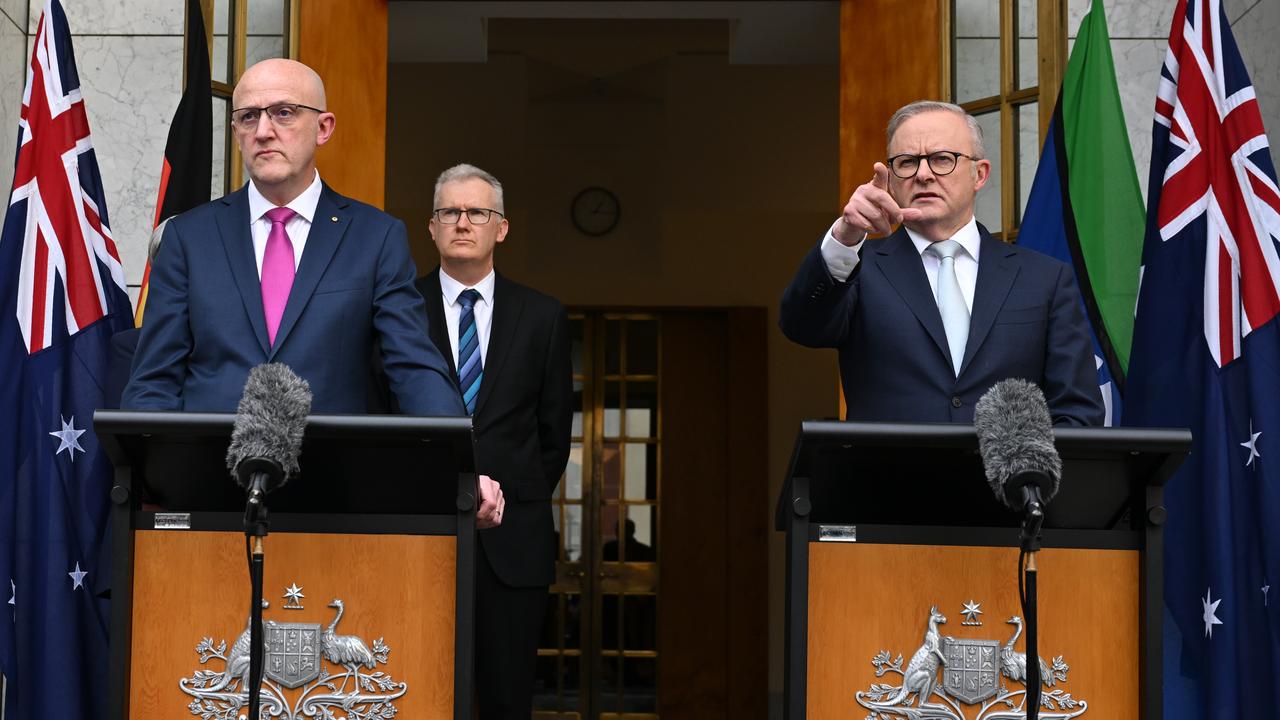
Prominent Iranian Australian and Ryde councillor Tina Kordrostami said listing of the Revolutionary Guard as a terrorist organisation was overdue.
“We have lived through the intimidation, harassment and attempts to fracture our community long before they entered the national conversation,” she said of the Iranian regime’s human rights abuses.
“The IRGC is not confined to Iran’s borders, its networks extend into our diaspora communities, spreading fear, silencing voices and undermining unity.”
The coalition said it would support any legislation, branding the Revolutionary Guard’s actions as “one of the most egregious acts of foreign interference against our nation since the darkest days of the Cold War”.
“These acts of egregious foreign interference are brazen attempts to cleave apart our social cohesion, to turn neighbour against neighbour and Australian against Australian,” Opposition Leader Sussan Ley told parliament.
NSW Premier Chris Minns said Iran’s actions were “deeply disturbing and utterly unacceptable” while his Victorian counterpart Jacinta Allan said the aftermath of the synagogue’s firebombing shattered peace in Melbourne.
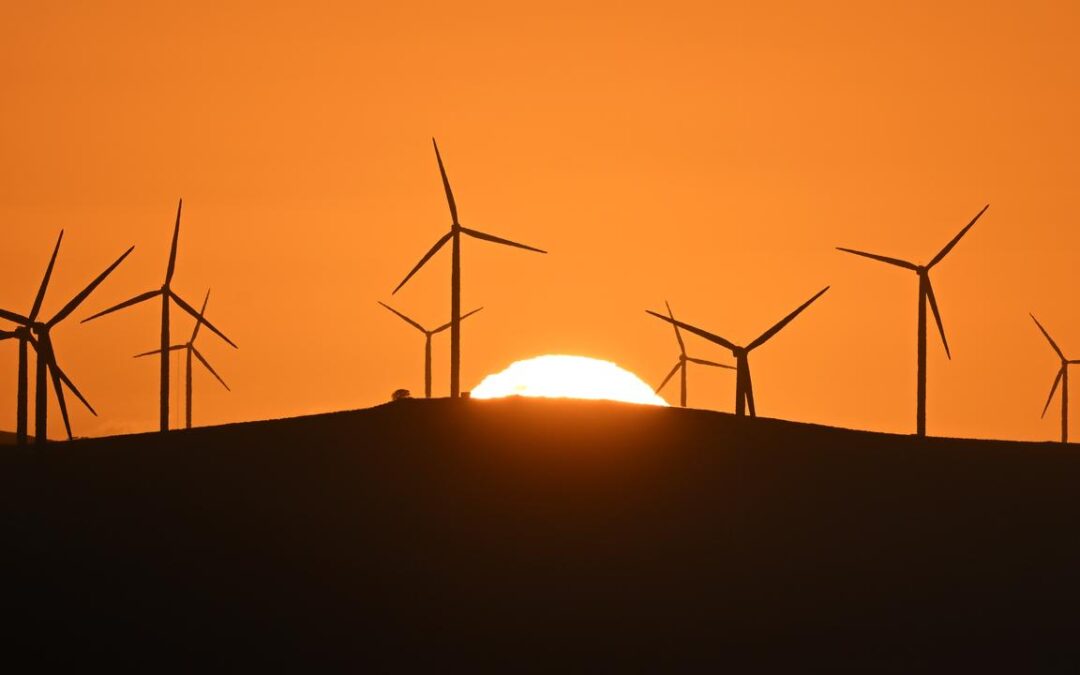
‘Broken’ nature laws fast-tracked but details up in air
Determination to knock over “utterly broken” environmental laws failing nature and business has been welcomed, but a clear political pathway to pass the reforms is yet to appear.
With widely acknowledged shortcomings for nature protection and business certainty, the Environment Protection and Biodiversity Conservation Act was a key talking point at a federal economic summit last week.
Environment Minister Murray Watt has promised to shave at least six months off the reform timeline in response and introduce draft legislation by the end of 2025 rather than mid-2026.
“We will not meet our national priorities like delivering more homes, delivering renewable energy and, of course, protecting our environment, unless we overhaul these laws,” he told reporters in Canberra on Tuesday.
“They are utterly broken at the moment.”
The federal government has long been committed to reform in line with the now five-year-old Samuel review, which declared existing legislation ineffective and outdated, but Labor failed to complete the task in its first three-year term.
Senator Watt’s predecessor, Tanya Plibersek, almost secured a deal with the crossbench for a federal environmental protection agency – part of the broader reforms – though it ultimately fell over after Prime Minister Anthony Albanese scuppered the agreement following talks with WA Premier Roger Cook.
Senator Watt has travelled to Perth three times to meet Mr Cook and is due to come face-to-face again on Tuesday in Canberra.
But the minister said it was “very clear” Mr Cook supported the reforms and confirmed the fast-tracked changes would include setting up a federal Environmental Protection Agency, although the exact model will be devised following further consultation.
The government will still need support from the Greens or the coalition to pass the laws and has yet to strike a deal.
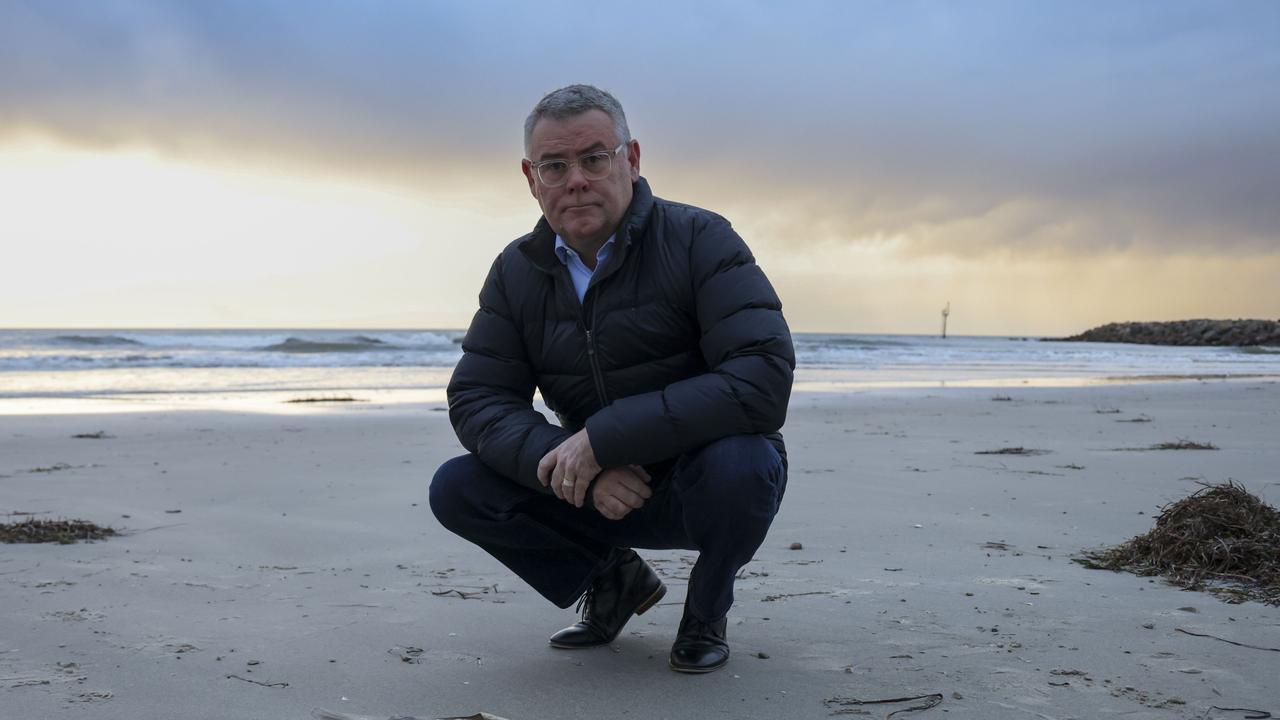
A key ask of the Greens is a “climate trigger” to capture projects with a large carbon footprint, missing under the existing framework.
“Australia needs new environment laws that protect nature, consider climate as well as giving efficient responses to applicants,” Greens environment spokesperson Sarah Hanson-Young said.
Senator Watt has not ruled out a climate trigger, but is leaning towards the view other measures and legislation already in place do the job of reducing greenhouse gas emissions.
“If one of the aims of this legislation is to reduce duplication in the system, you’d really have to question why you would want to duplicate things that we’ve got in other legislation regarding climate,” he told ABC Radio on Tuesday.
The coalition wants the federal minister to hang on to responsibility for environmental approvals rather than deferring it to the planned independent agency, as preferred by business.
“Ministerial discretion is part of the Westminster system and stakeholders that I’m meeting with are saying to me that they want to make sure that the minister is responsible for those environmental approvals,” opposition environment spokesperson Angie Bell told reporters.
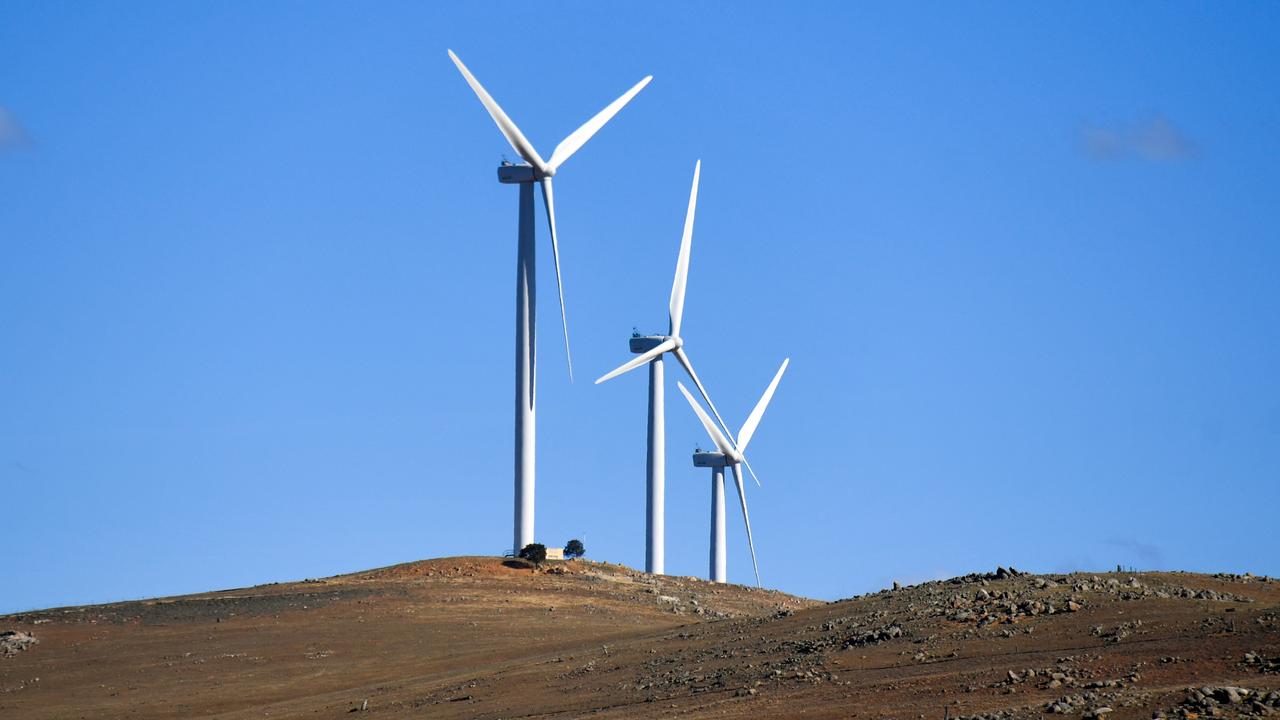
Environment groups such as Greenpeace Australia Pacific have welcomed the government’s intention to prioritise reforms but warned they could not be a “big rubber stamp for the big end of town”.
“They need to genuinely protect and restore nature in Australia,” its head of nature program, Glenn Walke, said.
The laws are designed to kick in when mining proposals, building plans and other development threatens “matters of national environmental significance”.
Its role in the stymied progress of the clean energy transition has been criticised and is understood to be contributing to lengthy project delays.
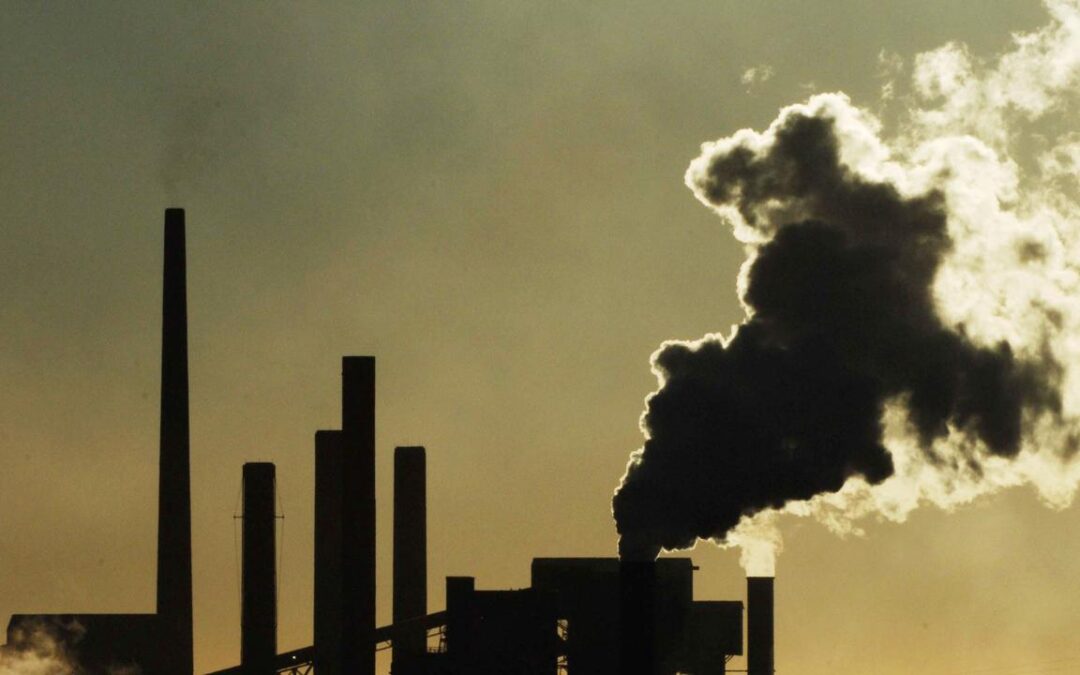
Climate clash: coalition divide over targets laid bare
A coalition quarrel over emissions reduction has been labelled a “collegiate discussion” by the opposition leader, while the party’s climate stance continues to unravel.
During a partyroom meeting on Tuesday, a group of coalition MPs called for a position on a 2035 emissions reduction target, a day after a Nationals push to scrap Australia’s net zero emissions goal returned to parliament.
The development highlights the deepening schisms between the coalition’s more conservative members, who back efforts to repeal the target, and moderate Liberals, who believe it must be retained to show the opposition is taking climate change seriously.
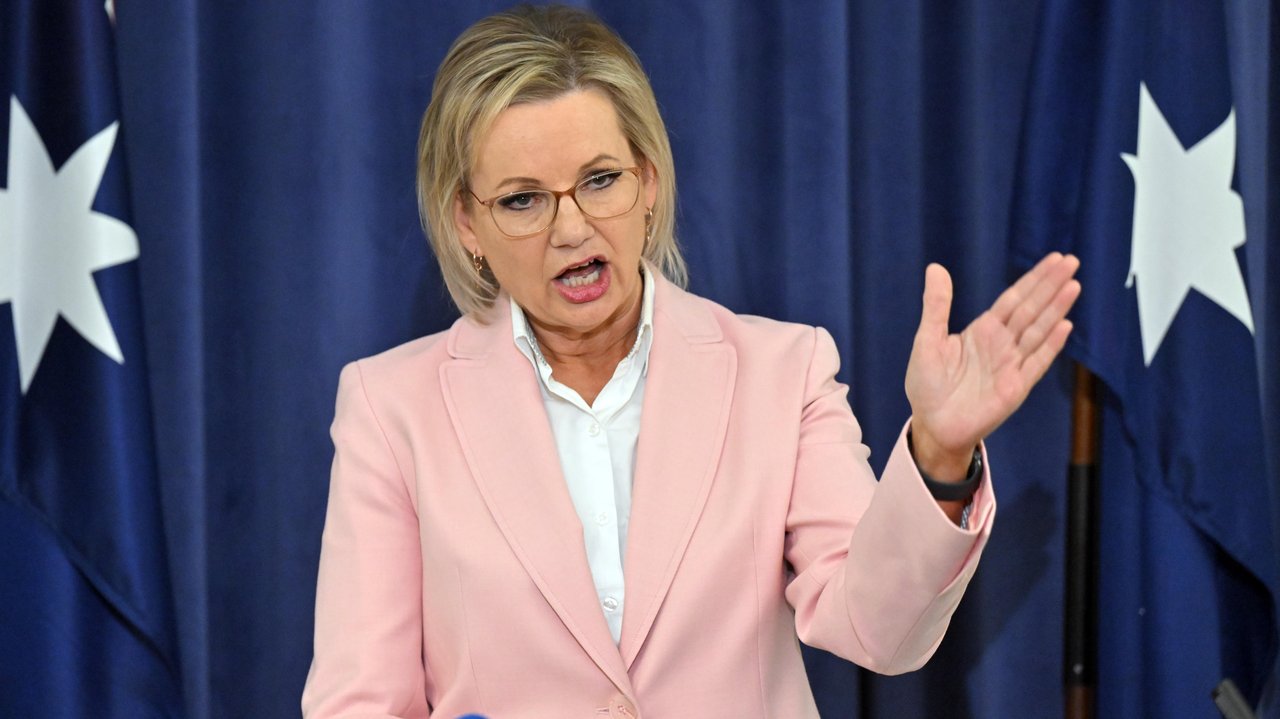
But Opposition Leader Sussan Ley insisted she would continue to welcome a “diversity of views”.
“I can 100 per cent guarantee that it was a collegiate discussion,” she told reporters in Canberra.
“We do need to take the time to get our energy policy right.
“I acknowledge that there is a diversity of views, and I respect them all – we will bring them all together.”
Asked if the opposition would hold a partyroom debate on emissions reduction targets, similar to that held on same-sex marriage in the 2010s, Ms Ley said she was “sure the opportunity and circumstances will deliver exactly that”.
The coalition has set up an energy working group that will decide on its policy, but the opposition leader said it must guarantee affordable power for households and families and ensure Australia plays its role in reducing emissions.
Liberal backbencher Simon Kennedy dismissed Labor’s net zero commitment as a “slogan” and not a policy.
But Prime Minister Anthony Albanese hit back during his own partyroom meeting.
“You only reject net zero if you think climate change isn’t real,” he told the caucus.
The Climate Change Authority, which advises the government, is preparing advice on a 2035 emissions target between 65 and 75 per cent as Labor prepares to set its goal.
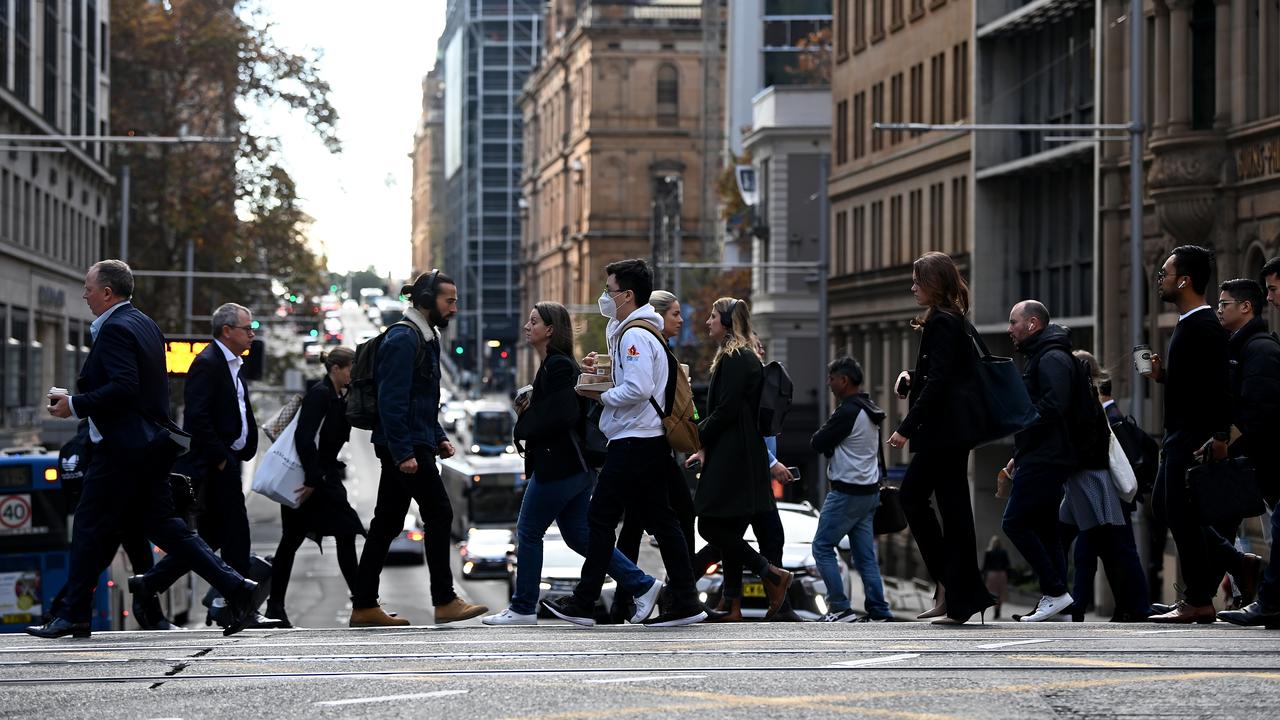
Analysis from Deloitte Access Economics has revealed a stronger 75 per cent target would offer comparatively “huge” benefits.
“Australia is in a race to secure the global capital required to establish green industries,” Deloitte Access Economics lead partner Pradeep Philip said.
“Setting a lower target today comes at the cost of lower business investment.
“Achieving a strong target creates the foundation for Australia’s economy to grow and compete in a decarbonised world.”
Under a 75 per cent emissions reduction goal, Australia’s GDP would be $370 billion greater by 2035 compared to current projections.
About 69,000 additional jobs would be supported each year over the next decade through the 75 per cent target, and it would drive $190 billion more in export revenue.
More than 350 businesses including Atlassian, IKEA, Ben & Jerry’s and Canva have signed an open letter urging the government to commit to at least a 75 per cent goal.
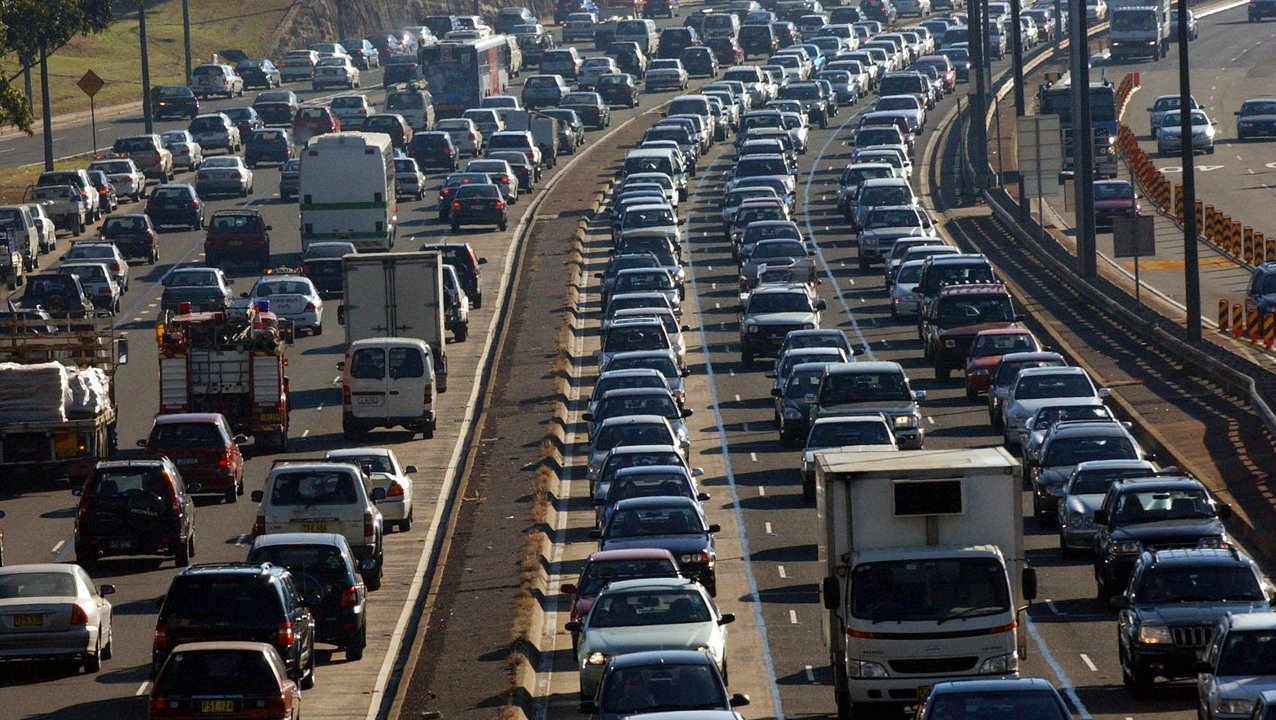
Data released by Climate Change Minister Chris Bowen found Australia is tracking well to meet its 2030 goal to reduce greenhouse gas emissions by 43 per cent from 2005 levels.
Emissions have fallen by 1.4 per cent in the year to March 2025, meaning about 440.2 million tonnes were released in that period – about 28 per cent below 2005 levels
Labor is expected to set its 2035 target in the coming months, with more information to be revealed in September.
“We do want to have ambitious targets to make sure that we secure that energy transition that will deliver the cheaper and cleaner energy that our industry needs and that all Australians need,” Environment Minister Murray Watt told Sky News.
“Having those targets is a really key.”
The Greens have urged Labor to go further and implement a net zero by 2035 target.
“Net zero by 2035 is what the science tells us we need to keep warming at manageable levels … anything above that will be a green light for yet more damage to our communities and to nature,” Greens leader Larissa Waters told reporters.
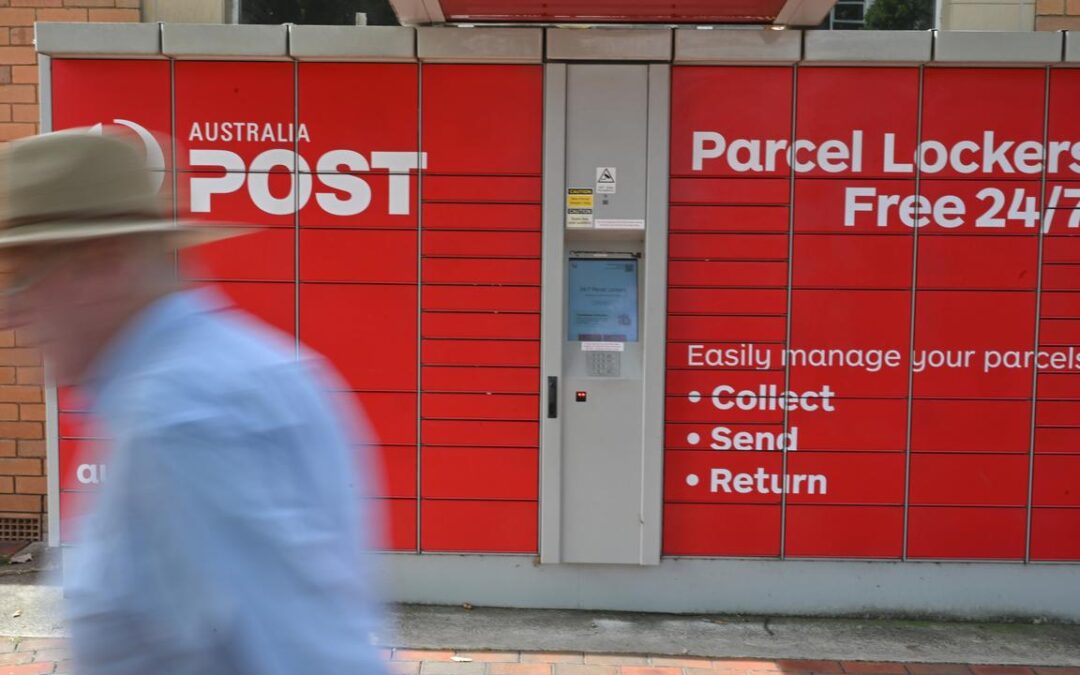
Mail mess as Australia Post stamps out US deliveries
A decision by Australia’s postal service to halt services to the United States could cost small to medium businesses hundreds of dollars more to get their products to America.
Australia Post announced the temporary ban on items worth more than $A150 on Tuesday, saying it was effective immediately.
The government-owned entity’s decision is in response to recent significant changes by the US government to customs and import tariff rules for parcels sent to America.
Those changes include the US suspending the “De Minimis” exemption for inbound goods valued below $US800 ($A1200) and requiring the pre-payment of tariffs before items arrive.
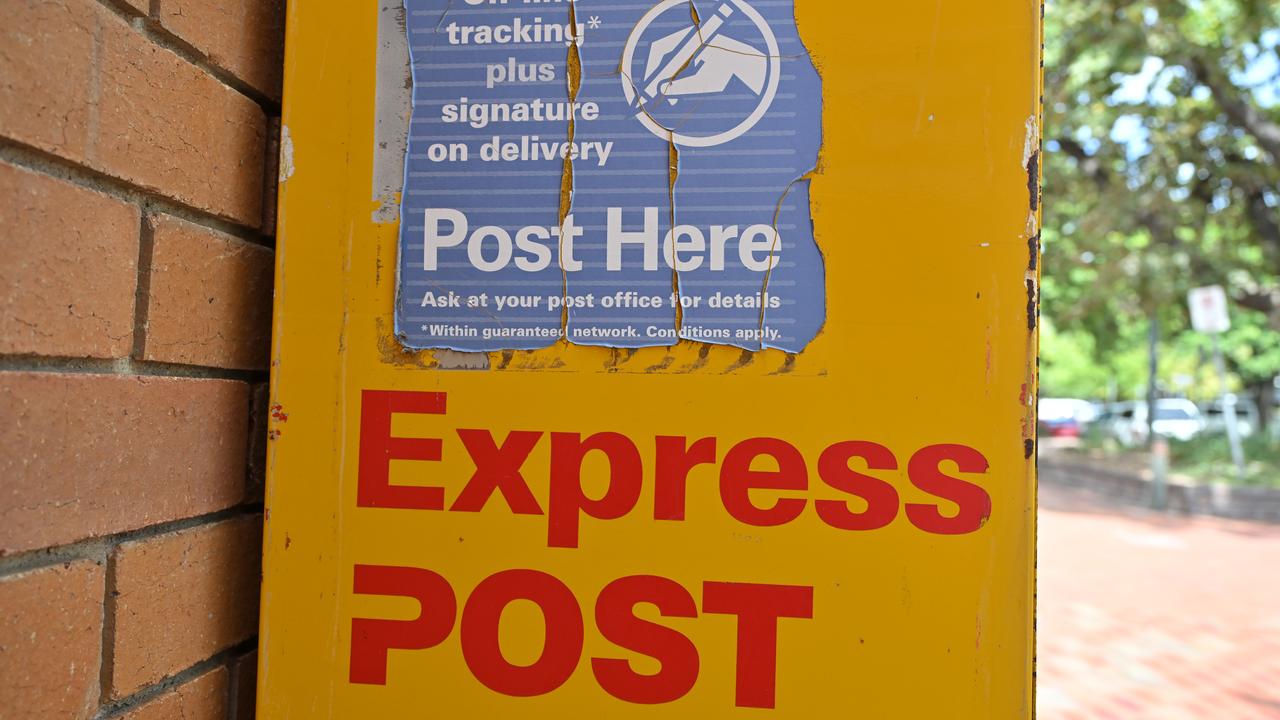
The temporary suspension will impact business contracts, MyPost deliveries and retail customers sending goods through the postal network to the US.
Gifts under $US100 ($A150), letters and documents are unaffected.
Australian businesses are expected to still be able to send parcels to the US through more expensive commercial models such as DHL and FedEx.
Small and medium business owners were figuring out how they could still get their products to American consumers, Shippit CEO Rob Hango-Zada said.
Shippit works with Australia Post and a wide network of carriers to send parcels overseas.
Mr Hango-Zada told AAP the shift to commercial postal services would likely be more expensive, but a necessity if businesses wanted to continue to trade.
Australia Post is not the only postal operator to pause operations to the US.
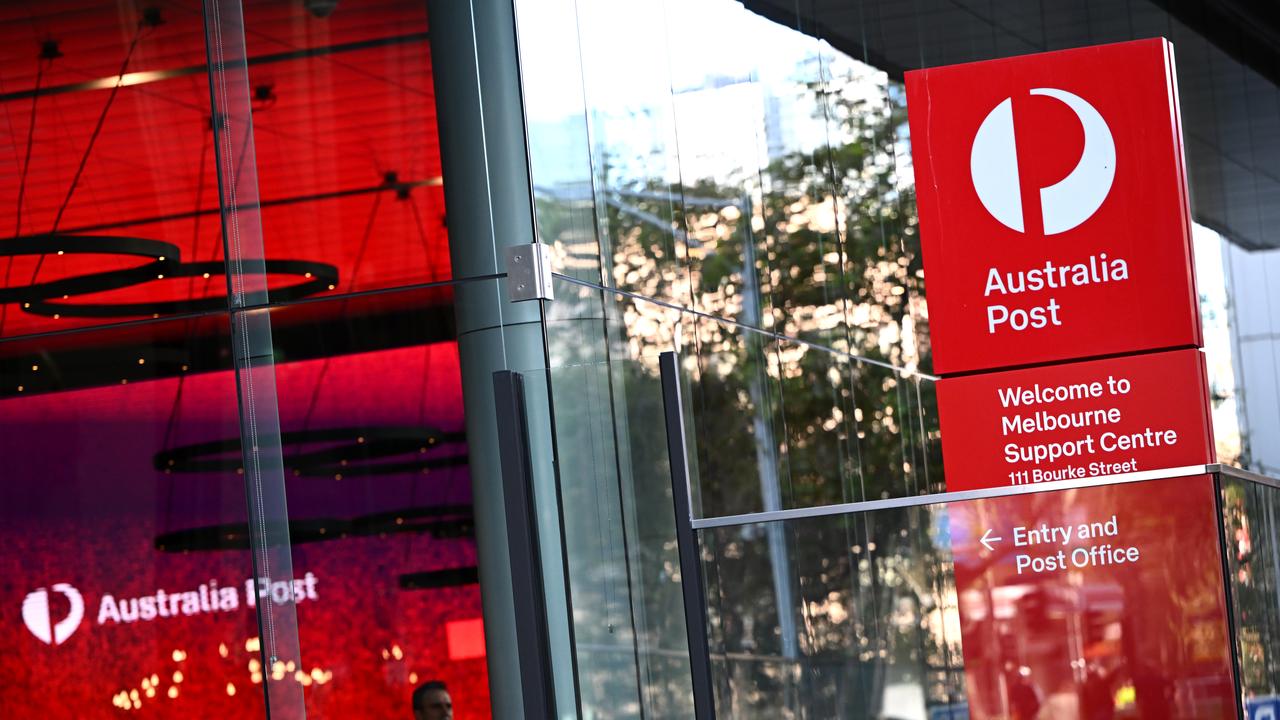
Postal services across Europe have already suspended most parcel shipments to the US, including France’s La Poste, Germany’s Deutsche Post, Spain’s Correos, Poste Italiane and the Belgian, Swedish and Danish postal service.
Austria’s Osterreichische Post and the UK’s Royal Mail are expected to stop sending parcels to the US by the end of August.
Australia Post was working with Zonos, an authorised US Customs and Border Protection third-party provider, on a solution for business customers, executive general manager for parcel, post and ecommerce services Gary Starr said.
“We are disappointed we have had to take this action,” he said.
“A temporary partial suspension has been necessary to allow us to develop and implement a workable solution for our customers.
“Australia Post continues to work with US and Australian authorities and international postal partners to resume postal service to the US as a priority.”
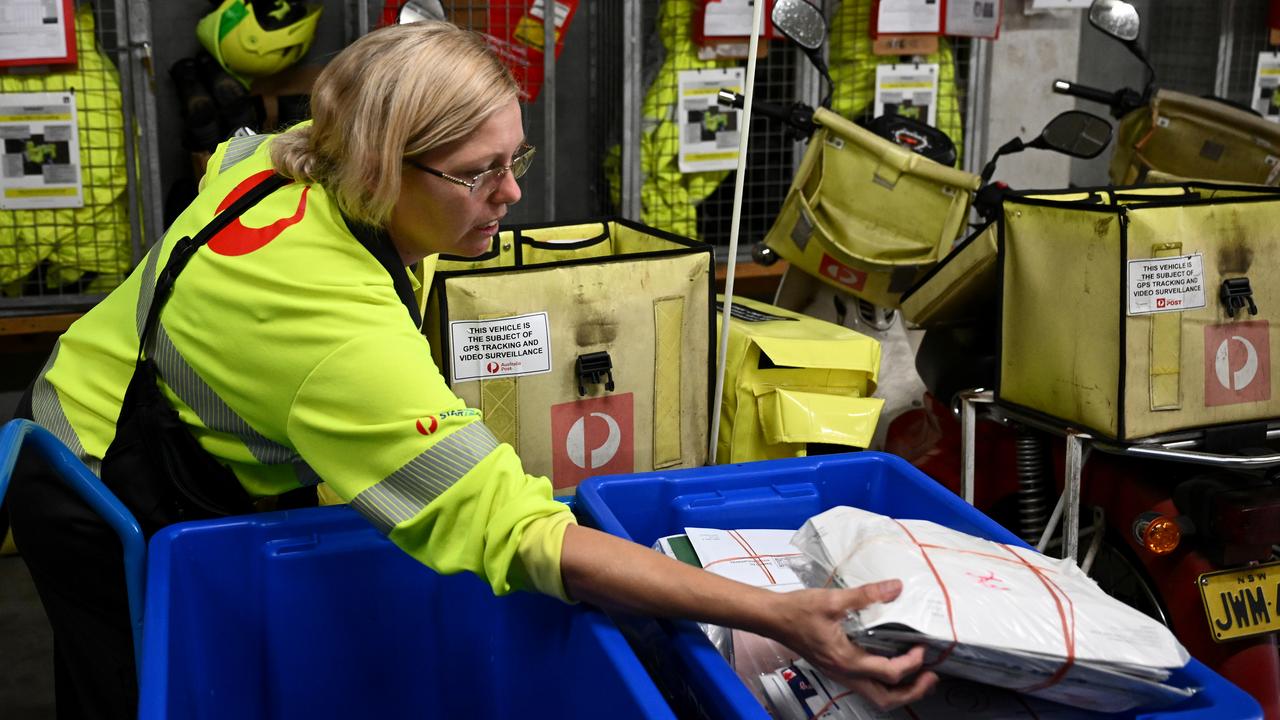
FedEx regional vice president Peter Langley confirmed his company would continue to transport shipments from Australia to the US.
“As an express carrier, our international express offerings are not impacted by the decisions of postal operators,” Mr Langley said in a statement to AAP on Tuesday.
Communications Minister Anika Wells slammed President Donald Trump’s tariffs.
“We don’t agree with the tariffs and we are working closely to try and do everything we can to make sure that the impact of tariffs on Australian businesses are eased as quickly as possible,” she said in parliament.
Australia Post’s suspension includes parcels to Puerto Rico, as it is a US Customs territory and has been impacted by tariff changes.
Postal goods sent to the US and Puerto Rico lodged on or after Tuesday will not be accepted by Australia Post until further notice.
It comes a day after Australia Post announced it would hire 3500 seasonal staff ahead of the Christmas period.
Customers seeking an update can check the Australia Post website or call 13 POST (13 7678).
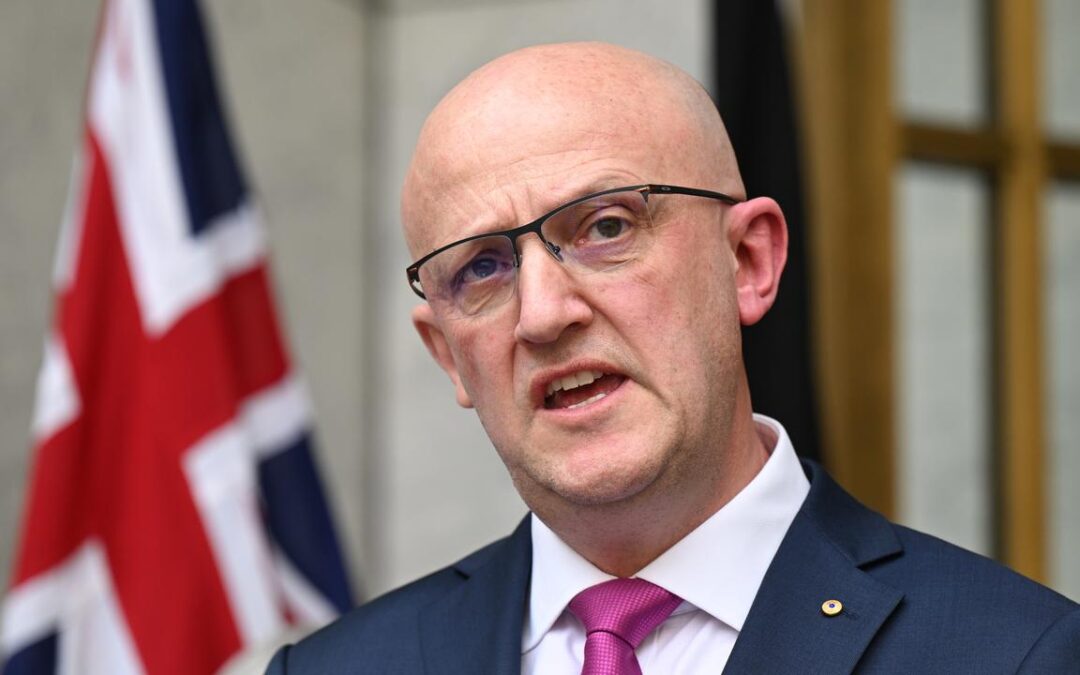
Intelligence boss links firebombings to Iran government
Iran has been blamed for anti-Semitic attacks on Australian soil, resulting in the federal government listing its Revolutionary Guard as a terrorist group.
The Iranian ambassador to Australia Ahmad Sadeghi had been expelled and Australia’s mission in Tehran closed, with diplomats moved to a third country and operations suspended, Prime Minister Anthony Albanese said.
It’s the first time Australia has expelled an ambassador since World War II.
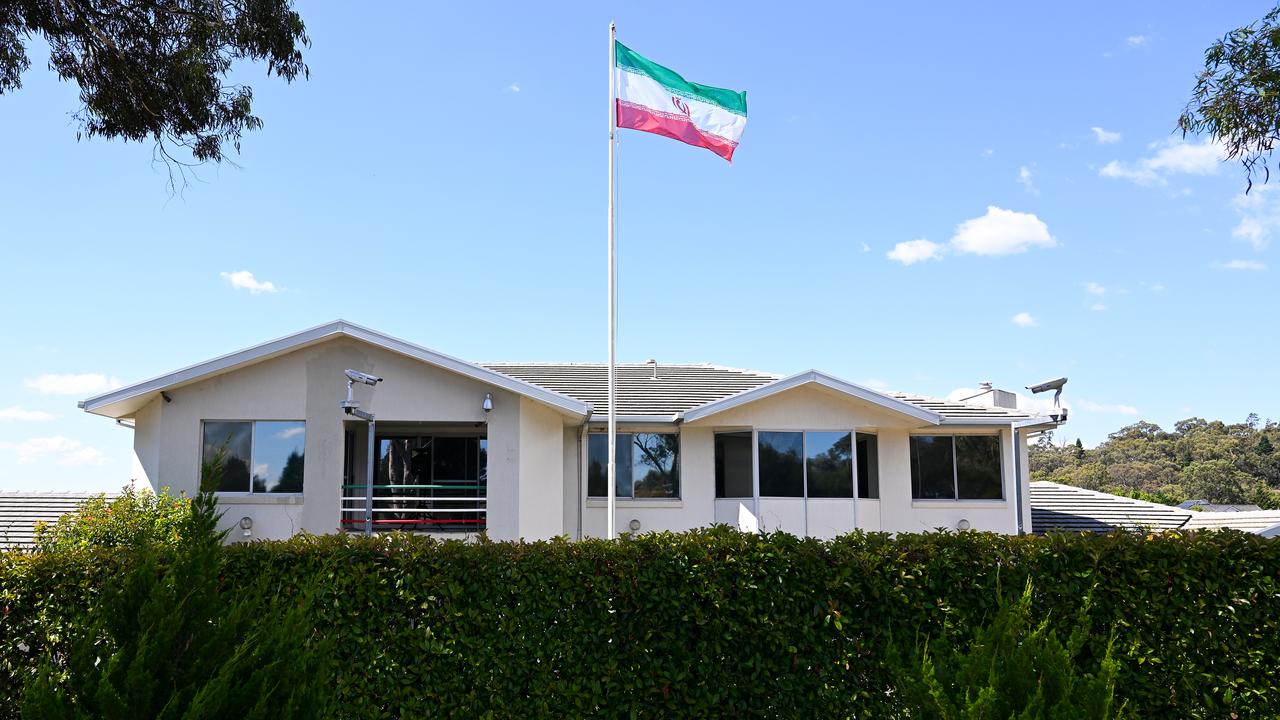
Mr Albanese said an investigation from the Australian Security Intelligence Organisation provided “credible intelligence” to conclude Iran directed attacks against Melbourne’s Addas Synagogue and Sydney’s Lewis Continental Kitchen.
The synagogue was firebombed in December 2024 and the kitchen was hit with an arson attack in October the same year.
“ASIO assesses it’s likely Iran directed further attacks as well,” Mr Albanese said alongside the federal police commissioner, ASIO director-general and home affairs and foreign ministers in Canberra on Tuesday.
“These were extraordinary and dangerous acts of aggression orchestrated by a foreign nation on Australian soil.
“They were attempts to undermine social cohesion and sow discord in our community.”
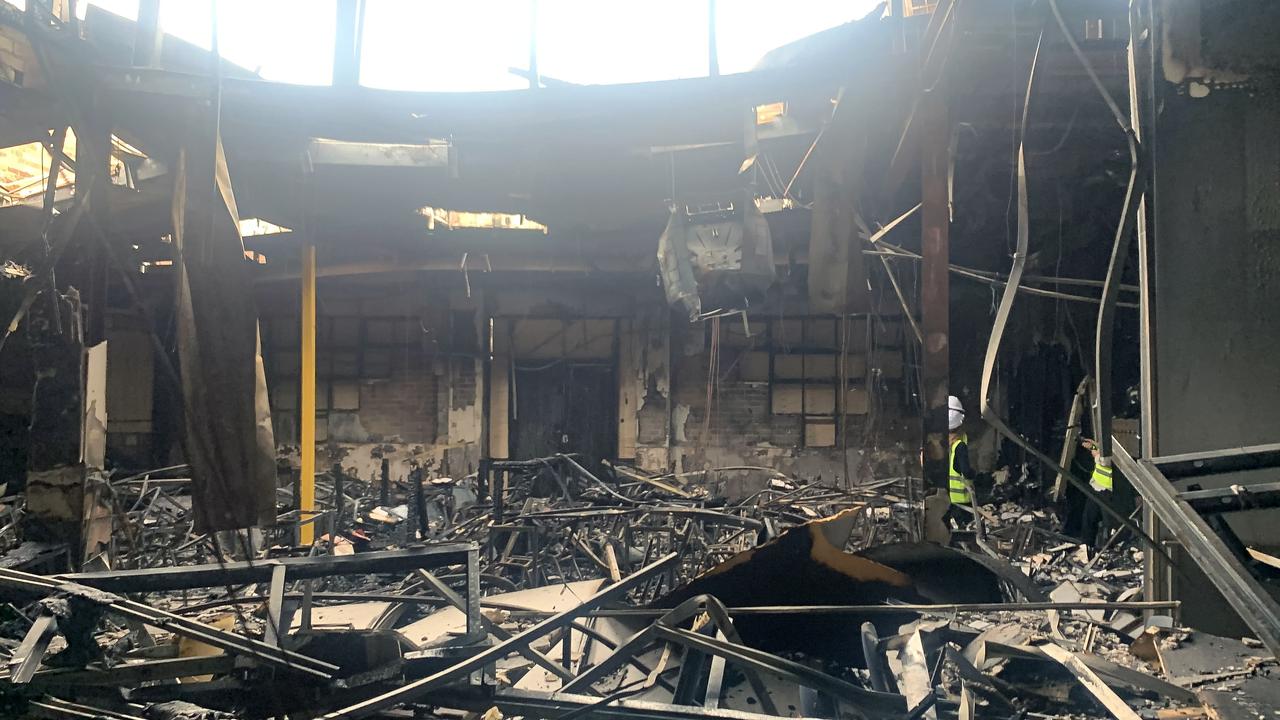
ASIO director-general Mike Burgess said the organisation investigated dozens of incidents and determined there were links between the alleged crimes and commanders in the guard corps.
“The IRGC used a complex web of proxies to hide its involvement,” he said.
“ASIO is still investigating possible Iranian involvement in a number of other attacks, but I want to stress we do not believe the regime is responsible for every act of anti-Semitism in Australia.”
Iran’s Islamic Revolutionary Guard Corps will be listed as a terrorist organisation once urgent legislation passes parliament.
Australia’s criminal code makes it an offence to provide support to a listed terrorist organisation.
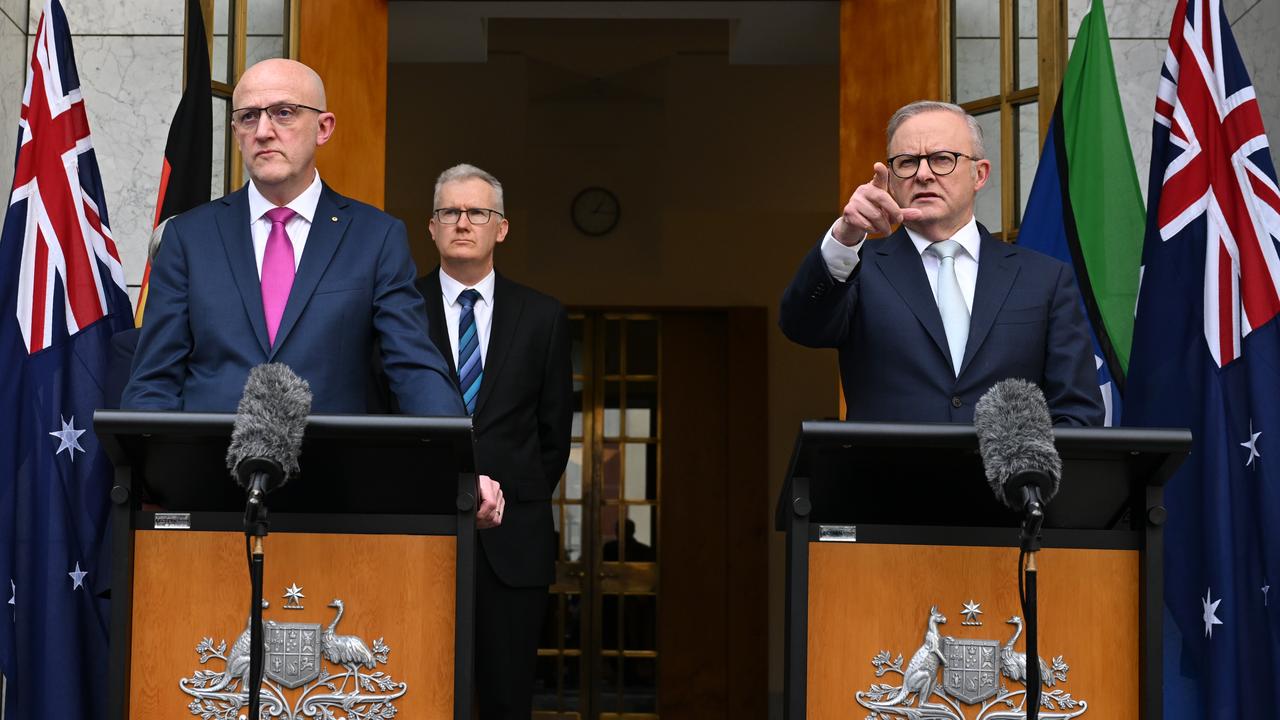
But the government hadn’t previously listed the Revolutionary Guard under existing terrorism laws because it was a government entity, meaning urgent laws are being drafted to list it.
The attacks weren’t directed through the Iranian embassy in Australia but by the Revolutionary Guard through overseas actors, including organised crime groups, Mr Burgess said.
“They tap into a number of people, agents of IRGC, and people that they know in the criminal world, and work through there, so it’s a series of chains,” the ASIO boss said.
“There’s an organised crime element offshore in this.
“But that’s not to suggest organised crime are doing it, they’re just using cut-outs, including people who are criminals and members of organised crime gangs, to do their bidding or direct their bidding.”
NSW Premier Chris Minns said “the revelations about Iran and its proxies involvement in directing violent, anti-Semitic attacks on Australian soil are deeply disturbing and utterly unacceptable”.
“Any act of hatred, including anti-Semitism is unacceptable and undermines the harmony of our society,” he said.
“I welcome the decisive action taken by the Commonwealth government.”
Israel’s embassy in Australia also welcomed the action.